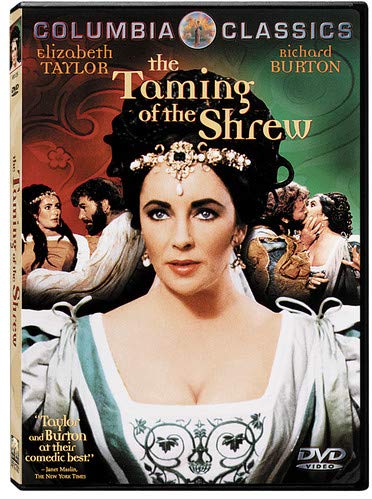
Email all papers for the course to me at [email protected]
There will be no screenings.
All recommended films and readings are optional.
"I am always saying that we must let the films themselves teach us how to look at them and how to think about them." Stanley Cavell, Pursuits of Happiness, p. 25
"During the ’30s and ’40s, Hollywood produced a genre of madcap comedies that emphasized reuniting the central couple after divorce or separation. Their female protagonists were strong, independent, and sophisticated. Here, Stanley Cavell names this new genre of American film—“the comedy of remarriage”—and examines seven classic movies for their cinematic techniques and for such varied themes as feminism, liberty, and interdependence. Included are Adam’s Rib, The Awful Truth, Bringing Up Baby, His Girl Friday, It Happened One Night, The Lady Eve, and The Philadelphia Story."
--Dustjacket copy to Cavell's Pursuits of Happiness.
Please Clap (timestamp (00:29)
Tentative Schedule: (Please expect minor adjustments to be made in the schedule from time to time; all changes will be announced both in class and on the class email listserv.)
January 9 Philosophy and Film / Philosophy as Aesthetics
The Comedy of Remarriage (Hollywood,1934-41): In Pursuits of Happiness, Stanley Cavell asks "What is marriage?" and calls the comedy of remarriage a genre (1934-49) of classic Hollywood films. The genre shifts the question of comedy--"Will the couple marry?" to "will the couple divorce?" The comedy of remarriage depends on education, self-knowledge, the creation of a new woman and a new kind of human. It is utopian but also experimental. It is also a revenge comedy. How is teaching a lesson to a future or ex-fiancee or spouse a kind of punishment, something so unforgiveable that a reconciliation seems impossible? Or lead to an ending that doesn't seem cynical or contrived or otherwise bogus? In addition to making passing references to Shakespeare's comedies, Cavell mentions two of Alfred Hitchcock's psychological thrillers, namely,Vertigo and North by Northwest. James Stewart stars in Vertigo and Cary Grant stars in North by Northwest. Both are cliffhangers. One film ends unhappily; one ends happily. We will watch both films.
YOUR FIRST ASSIGNMENT is due JANUARY 10 by 5:00 p.m. Post your DQs and three shots both here on this Google doc and on CANVAS https://elearning.ufl.edu/
Watch this film adaptation of William Shakespeare's
The Taming of the Shrew (dir. Franco Zeffirelli, 1967)
You may watch it for free on Youtube here:
The Taming of the Shrew (dir. Franco Zeffirelli, 1967) Or here: The Taming Of The Shrew (dir. Franco Zeffirelli,1967)

Write two Film Discussion Questions (DQs, 50-200 words) and select three shots with three film analysis terms on The Taming of the Shrew (dir. Franco Zeffirelli, 1967). Post Your DQs etc on this google document here. And on canvas https://elearning.ufl.edu/
Discussion Questions (DQs) ETC on films or your selection of the the two best sentences in the Cavell reading are always due the day before class by 5:00 p.m. They will address materials we will discuss during class the following Tuesday and Thursday. If you want to know how to improve your discussion questions, please read the DQs by your fellow students, find the best ones, and think about what makes them good. I will be happy to meet with you during office hours or by appointment and suggest ways you can improve.
January 11 Excessive Sexism (Chauvinism) / Marriage and Teaching as (Command) Performance / The Couple's Privacy, their Unintelligibility to the Public / The Contract and the Wager / The Revenge Comedy (Kate's speech on marital obedience directed at the other wives) / Desire and Error
Required Viewing: On Youtube here:
The Taming of the Shrew (dir. Franco Zeffirelli, 1967) Or here: The Taming Of The Shrew (1967)

Recommended Viewings (of other filmed theatrical productions of The Taming of the Shrew):
Commedia! - Taming of the Shrew - American Conservatory Theater - 1976
1976 PART 1 / 1976 PART 2 / 1976 PART 3 /
The Taming of the Shrew. American Conservatory Theater. Subtitles: ENG.
The Taming of the Shrew | Act 2 Scene 1 | Royal Shakespeare Company
The Taming of the Shrew - Meryl Streep and Raul Julia - Kiss Me Petruchio - 1978 - HD REMASTERED
Raúl Juliá and Meryl Streep Go Head-to-Head
And don't forget: Shakespeare: The Animated Tales The Taming of the Shrew
Recommended Reading (cited by Stanley Cavell):
FOOTNOTE:
The Greeks produced two kinds of comedy, Old Comedy, represented by the eleven extant plays of Aristophanes, and New Comedy, of which the best-known exponent is Menander. About two dozen New Comedies survive in the work of Plautus and Terence. Old Comedy, however, was out of date before Aristophanes himself was dead;³ and today, when we speak of comedy, we normally think of something that derives from the Menandrine tradition.
New Comedy unfolds from what may be described as a comic Oedipus situation. Its main theme is the successful effort of a young man to outwit an opponent and possess...
Northrop Frye, A Natural Perspective: The Development of Shakespearean Comedy and Romance (1965)

Stanley Cavell Foreword to the 1995 re-edition.
YOUR SECOND ASSIGNMENT is due JANUARY 15 by 5:00 p.m.
1. Choose what you think are the two best sentences in Stanley Cavell, "Introduction: Words for a Conversation," Pursuits of Happiness, pp. 1-30.
2. Look up two BIG WORDs you didn't know and copy them and their definitions.
Post Your selected sentences on this google document here. And on canvas https://elearning.ufl.edu/
Your criteria are twofold for deciding on the "best": (1) the thoughtfulness of expression; and (2) the craft or artistry of expression. Consider this sentence:
"My reference to Sweet Movie is not meant simply to suggest that now, four or so decades after the scenes in question, we are in the mature position of being able to treat such things explicitly; it is meant equally to suggest that now we are in the immature position of not being able to treat such things implicitly," Pursuits of Happiness, p. 94, note*
Your brief commentary on this sentence would follow here. (For example, in the sentence above, you could note Cavell's use of the semi-colon to split the sentence into two clauses and also observe his use of parallel phrasing to reverse the thought in the first clause to its opposite in the second clause while giving both thoughts equal weight.)
THE ASSIGNED READING IS NOT A PROMPT. IT IS THE OBJECT OF YOUR CRITICAL ATTENTION. YOU ARE TRYING TO EXPLAIN IT TO YOURSELF SO YOU CAN EXPRESS YOURSELF CLEARLY TO OTHER STUDENTS.
I will no longer post assignment due dates for Discussion Questions (DQs) and Three BIG WORDS OR THREE shots.The work is due every Monday and Wednesday by 5:00 p.m. unless otherwise noted. See the Attendance policies for this course.
January 16 "Be not afear'd": Letting Cavell Teach Us How to Read His Book (The lecture and the conversation--and the continuation or rewriting)
Required Reading
Stanley Cavell, "Introduction: Words for a Conversation," Pursuits of Happiness, pp. 1-30.
"I am always saying that we must let the films themselves teach us how to look at them and how to think about them." p. 25
Notice that Cavell breaks up his Introduction into nine sections. Which is the most important section in pp. 1-30?
"This book is primarily devoted to the reading of seven films. If my citings of philosophical texts along the way hinder more than they help you, skip them" Stanley Cavell, "Introduction: Words for a Conversation," Pursuits of Happiness, p. 16.
You have my permission to skip Cavell's references to his own publications, Kant, Emerson, Wittgenstein, Austin, Kierkegaard, Nietzsche, Baudelaire, Daguerre, Marx, Freud, and Thoreau, among others. Just ignore the reference and see what you can make of what Cavell is saying. If you don't understand Cavell's point, just skip that part, note it in the margin, and then keep reading. Cavell is writing as if he were thinking aloud. That is quite an achievement. Note how often he raises a question or a series of questions for the reader to ponder. We're going to think about how he thinks as well as about what he thinks, or what he thinks thinking is.
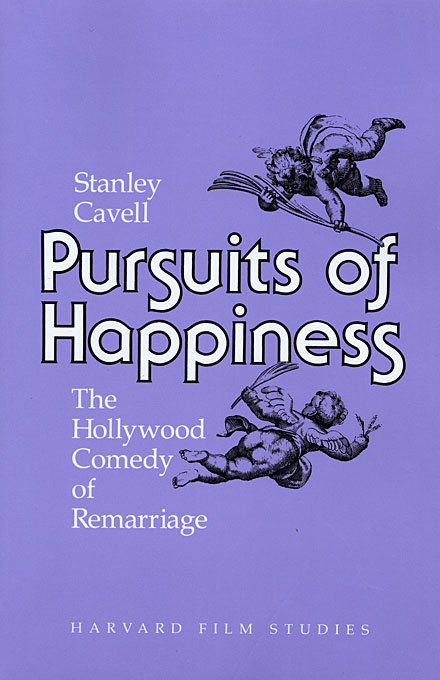
Recommended Viewings:
Holiday (dir. George Cukor, 1938) Compare to The Taming of the Shrew.

You Can't Take It With You (Dir. Frank Capra 1938)
DQs and Big Words, Stanley Cavell, "Introduction: Words for a Conversation," Pursuits of Happiness, pp. 30-42, due January 17 by 5:00 p.m.
January 18 What does Cavell Mean by "Conversation"? By "Words for a Conversation"?
Stanley Cavell, "Introduction: Words for a Conversation," Pursuits of Happiness, pp. 30-42.
Sign Up to Co-Lead Class the First of at Least Two Times During the Semester. Don't co-lead with the same person twice, and co-lead once on a film and once on Cavell.
Once you have a partner to co-lead class discussion, the two of you will create a google doc for your notes and share it with me by 6:00 p.m. the day before you are co-leading so I can add my thoughts. Make sure you give me permission to edit the google document.
DQs ETC are always due the Monday and Wednesday before class by 5:00 p.m. I will no longer post due dates.
Recommended Reading:
Stanley Cavell's relation to his own publications is unusual. After he published Pursuits of Happiness in 1985, a book based on a course he taught, he published a book based on a course on moral perfectionism entitled Cities of Words: Pedagogical Letters on a Register of the Moral Life in 2004. This book includes almost entirely different chapters on the screwball comedies he discusses in Pursuits of Happiness. Cavell also puts a curiously enumerated analysis of the film, a prologue to ethe chapter, that combines plot summary and commentary. Stanley Cavell, Prologues to each chapter on a screwball comedy in Cities of Words.
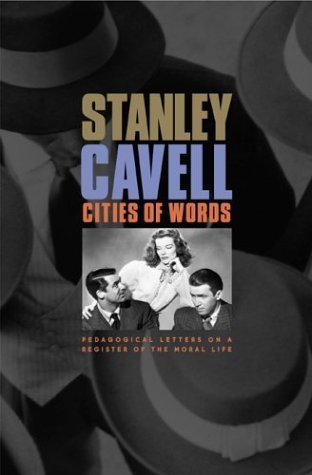
DUE JANUARY 22, by 5:00 P.M. Post Your DQs etc on The Lady Eve (dir. Preston Sturges, 1941) on canvas AND on this google document here. OK. That is really the last time I will post due dates. :)
January 23
Required First Viewing:The Lady Eve (dir. Preston Sturges, 1941)
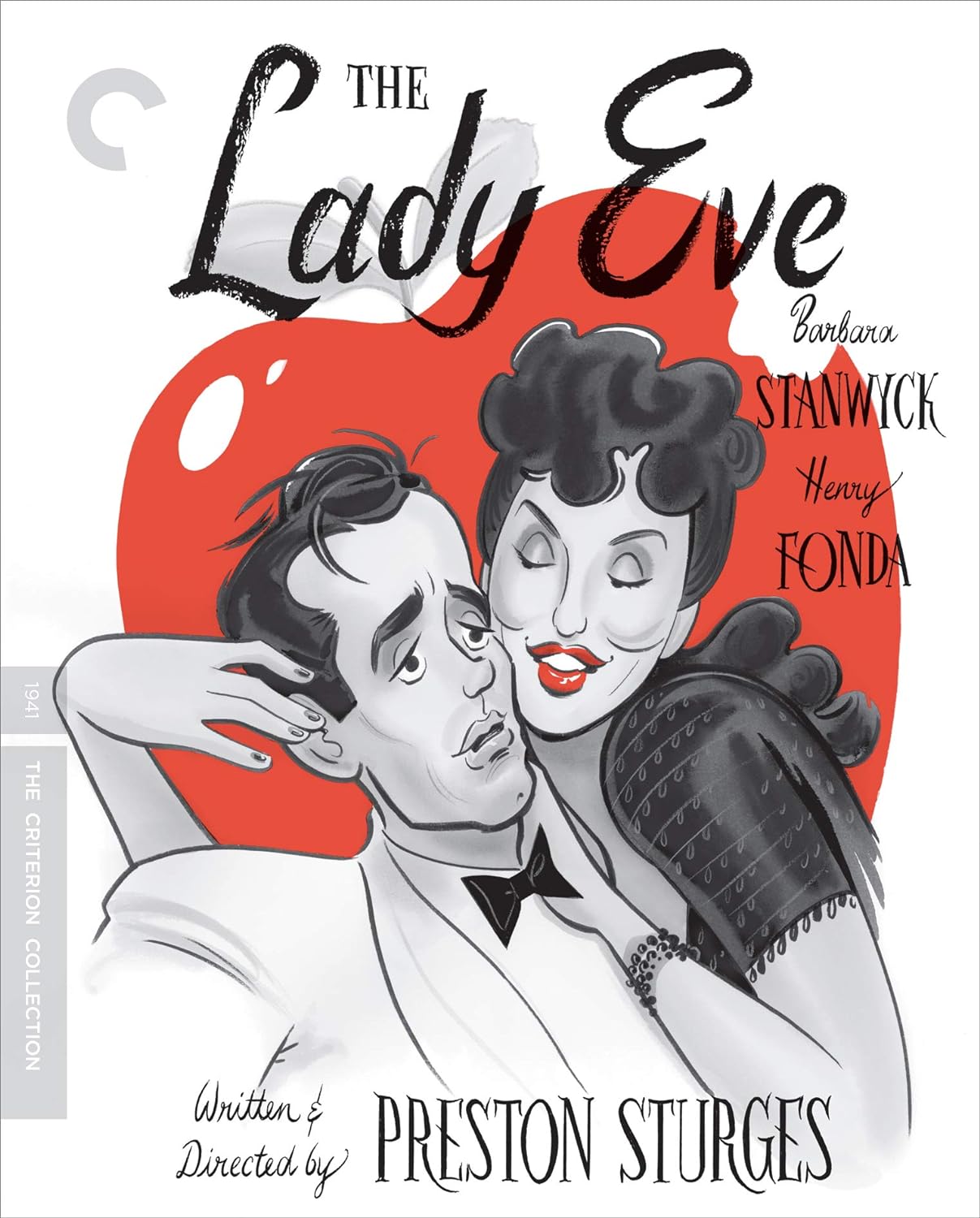
January 25 "If they didn't look so alike, they wouldn't be the same person. . . . You don't understand me. They look too much alike to be the same. . . . If she didn't look so exactly like the other girl, I might be suspicious. But you don't understsand psychology."
Required Reading:
Stanley Cavell, Chapter 1 "Cons and Pros: The Lady Eve," Pursuits of Happiness, pp.45-70.
***First Paper due 11:59 p.m. Saturday February 10

Recommended Reading:
Stanley Cavell, "The Uncanniness of the Ordinary"
Sigmund Freud, "The Uncanny"
January 30
Required Second Viewing:
The Lady Eve (dir. Preston Sturges, 1941)

February 1 (Marriage = Death)
Required Viewing:
Vertigo (dir. Alfred Hitchcock, 1957)
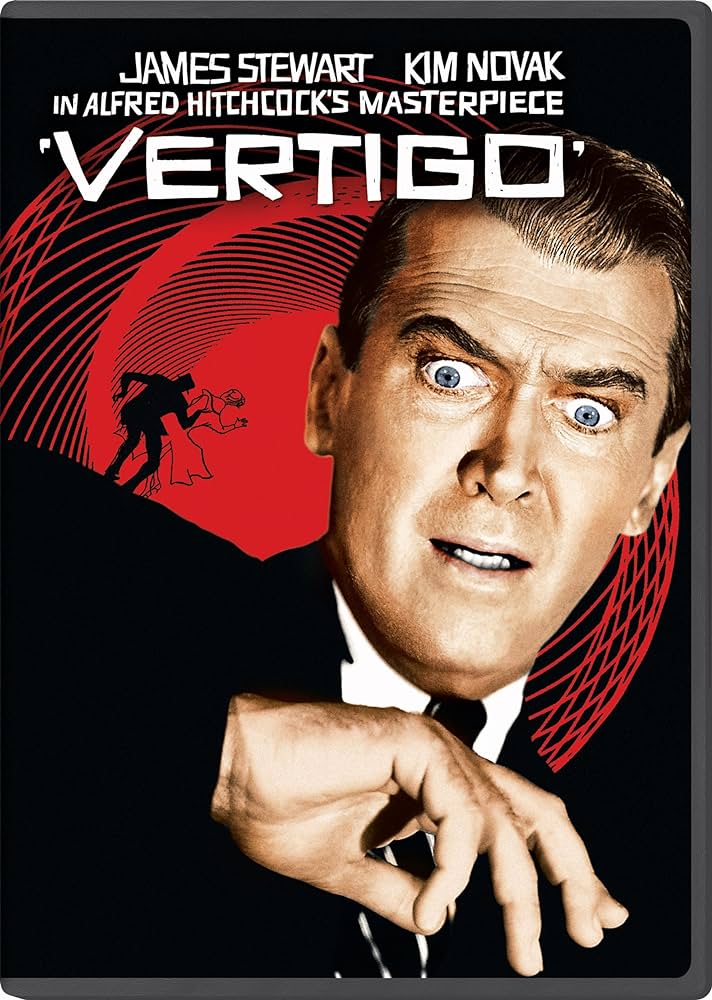
Required Viewing:
The Tempest (dir. Julie Taymor, 2011) as analogue of The Lady Eve (1941) Helen Mirren stars as Prospera.

Recommended Viewings and Reading:
Willam Shakespeare, Robert Langbaum (Editor) "Introduction" to The Tempest (Signet Classic) 1964
Shakespeare: The Animated Tales The Tempest

Prospero's Books (dir. Peter Greenaway, 1991) Trailer
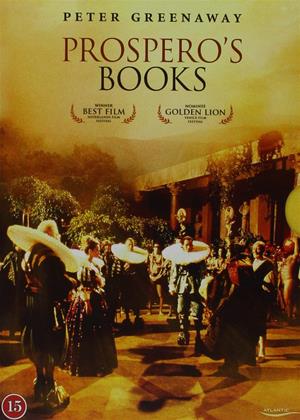
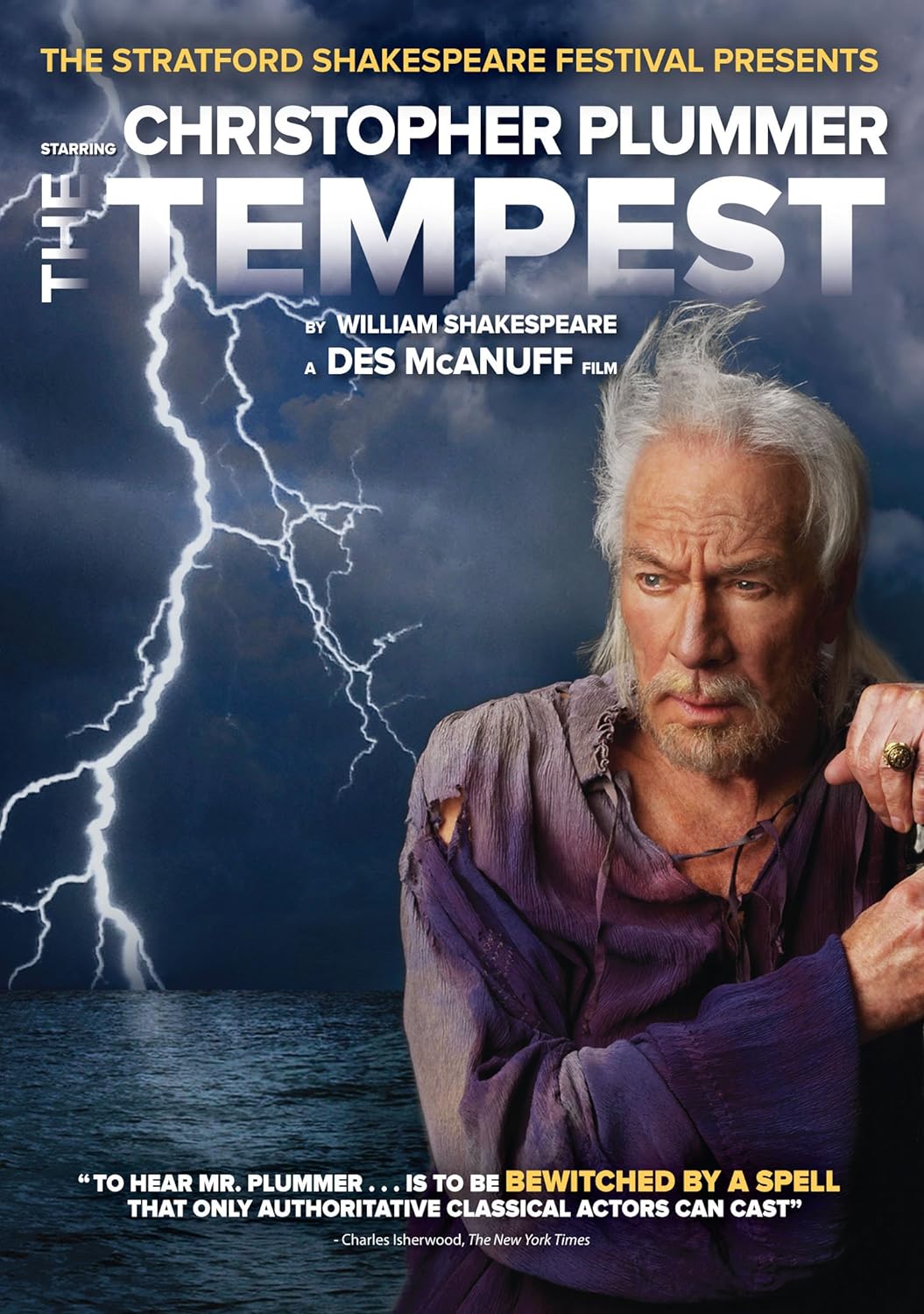
February 8 Shakespeare Rewrites The Taming of the Shrew as Revenge Comedy in Much Ado About Nothing
Required Viewing:
Much Ado About Nothing (dir. Nick Havinga, 1973)

Recommended Viewing:
PRINCE: Come, lady, come, you have lost the heart of Signior Benedick.
BEATRICE Indeed, my lord, he lent it me awhile, and I gave him use for it, a double heart for his single one. Marry, once before he won it of me with false dice. Therefore your Grace may well say I have lost it.
BBC Much Ado About Nothing (dir. Stuart Burge, 1984)
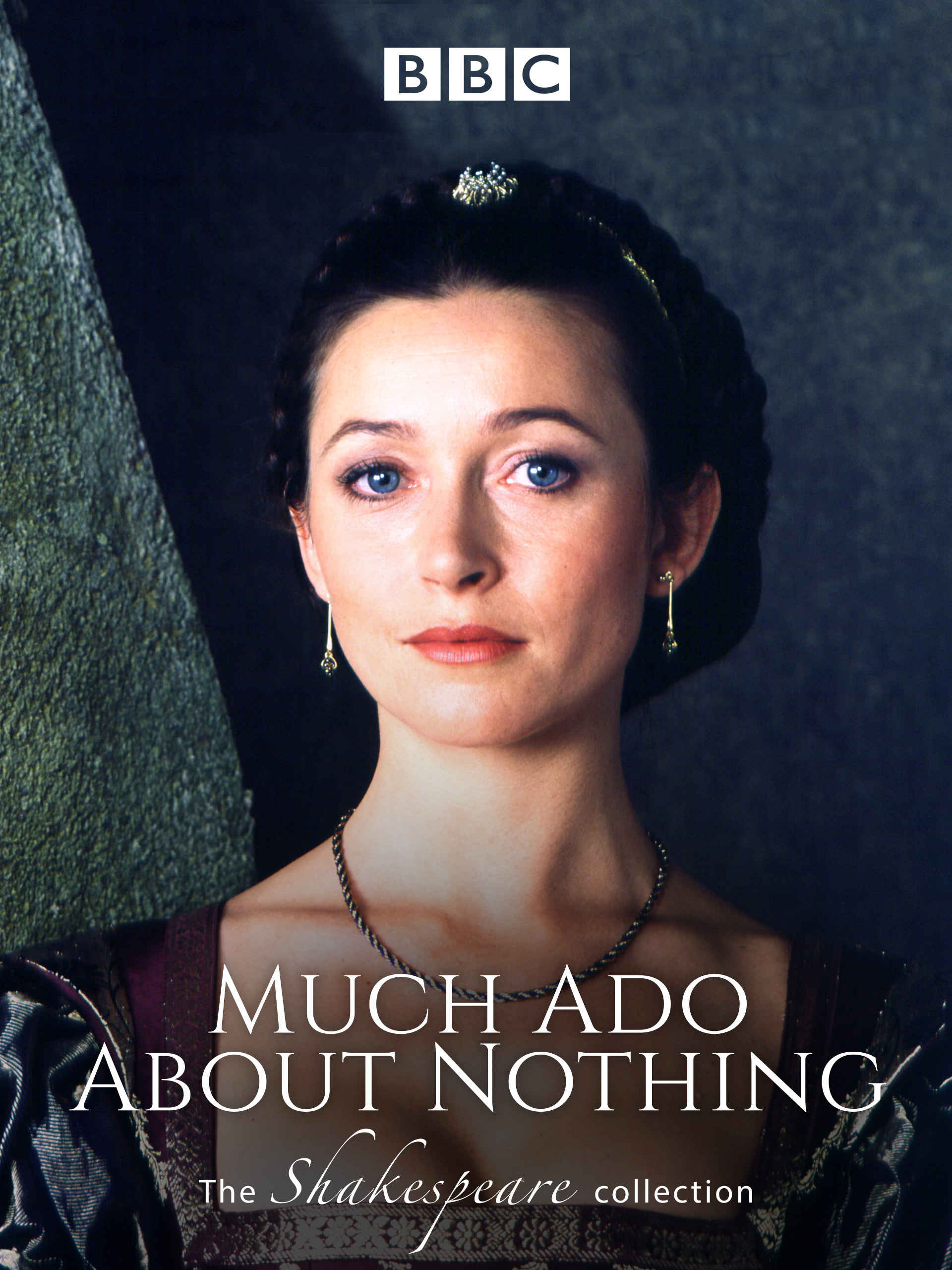
Much Ado About Nothing (dir. Joise Rourke, 2011)
Digital Theatre Live Broadcast, Wyndam Theatre, London
Starring Catherine Tate and David Tennant

Recommended Listening:

FIRST PAPER, a Film Clip Analysis Assignment from one of the following films we've seen so far: Zefferelli's Taming of the Shrew, The Lady Eve, Vertigo, and The Tempest (dir. Julie Taymor, 2011)
DUE Saturday, February 10, by 11:59 p.m. 500 words.
Formatting for image captures in your FIRST PAPER: put time stamps for the images at the end of your sentences as needed. Put the captures in your paper near the part you discuss them, as if you were quoting from a book. Begin your sentence describing the shot when you use an image capture. Number the images, give them captions, and refer to them by the same number in the body of your paper when you discuss them. Put the image number at the end of your sentence after the timestamp.
Live GRADING in 4314 Turlington: I will meet with you in person to discuss your paper with you. PLEASE BE ADVISED: If you didn't do the asignment, your grade is an automatic E.
February 13
Required First Viewing:
It Happened One Night (dir. Frank Capra, 1934)
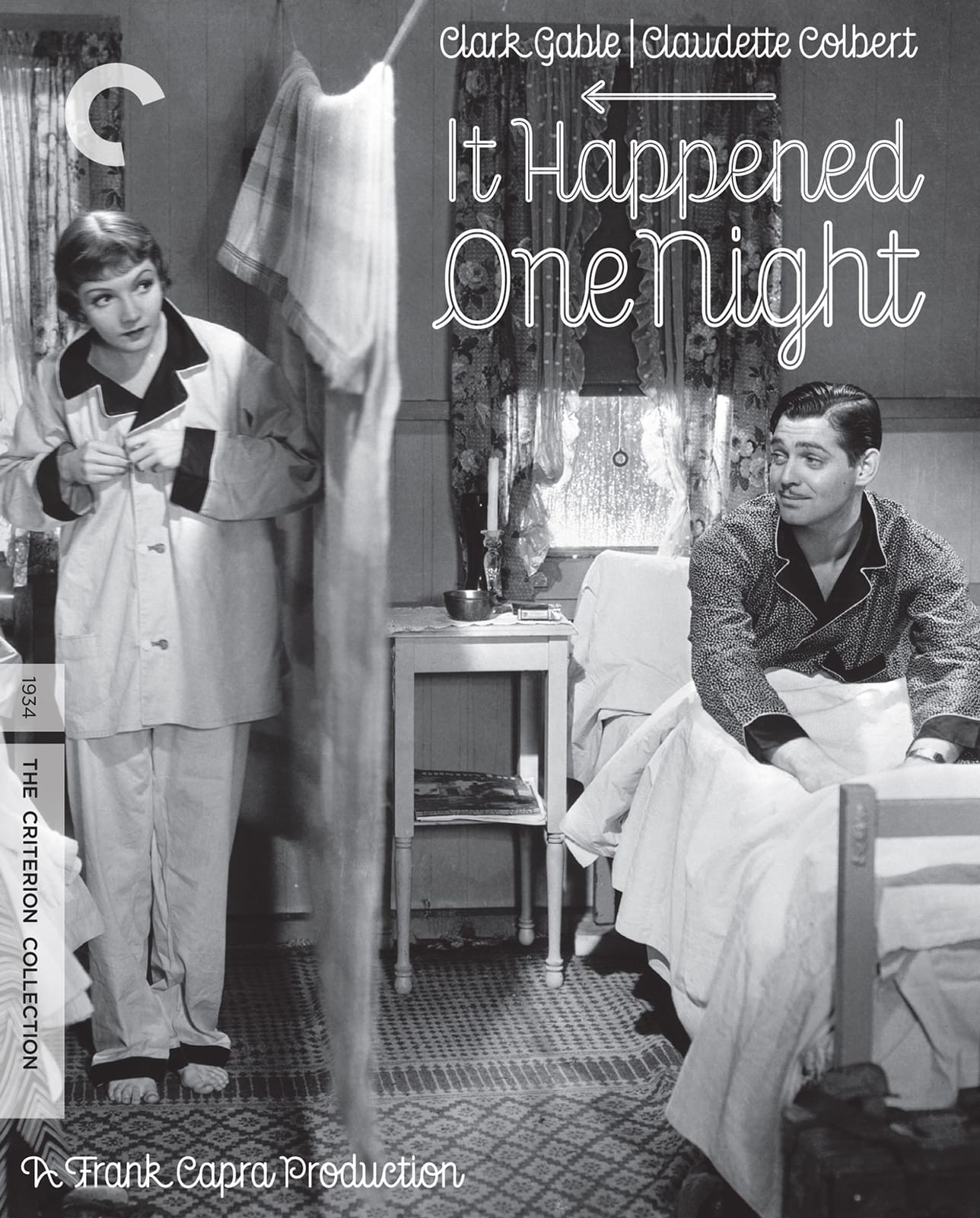
February 15
Required Reading:
Stanley Cavell, "Chapter 2 Knowledge as Transgression: It Happened One Night," Pursuits of Happiness, pp. 71-110.
"My reference to Sweet Movie is not meant simply to suggest that now, four or so decades after the scenes inquestion, we are in the mature position of being able to treat such things explciitly; it is meant equaly to suggest that now we are in the immature position of not being able to treat such things implicitly," Pursuits of Happiness, p. 94, note *
February 20
Required Second Viewing:
It Happened One Night (dir. Frank Capra, 1934)

February 22 Shakespearean Desire and Error / Alternation between city and country and between day and night
Required Viewing:
A Midsummer Night's Dream (dir. Max Reinhardt and William Dieterle, 1935)
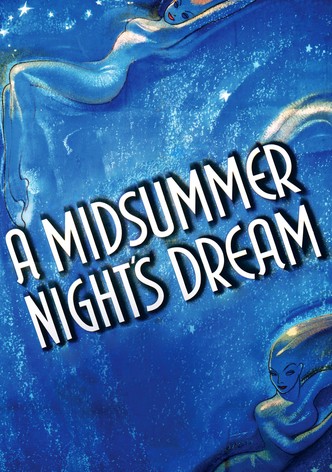
Recommended Viewings:
A Midsummer Night's Dream (dir. Russell T. Davies, 2016); BBC Shakespeare: A Midsummer Night's Dream (dir. Elijah Moshinsky, 1981); A Midsummer Night's Dream (dir. Peter Hall, 1968)
BBC (dir. Peter Hall, 1981) Helen Mirren stars as Hermia (free on youtube).
Shakespeare: The Animated Tales A Midsummer Night's Dream

A Midsummer Night's Dream (BBC Radio 3)
https://www.bbc.co.uk/iplayer/episode/b07dx7lt/a-midsummer-nights-dream
Remember? (Dir. Norman Z McLeod, 1939) is a mediocre screwball comedy but could have interested Cavell because it can easily be regarded both as a comedy of remariage and as an analogue of A Midummer Night's Dream. The memory loss potion brewed by Dr. Schmidt and Sky administered by Ames to the married couple may serve as analogues of Oberon's flower and Puck.
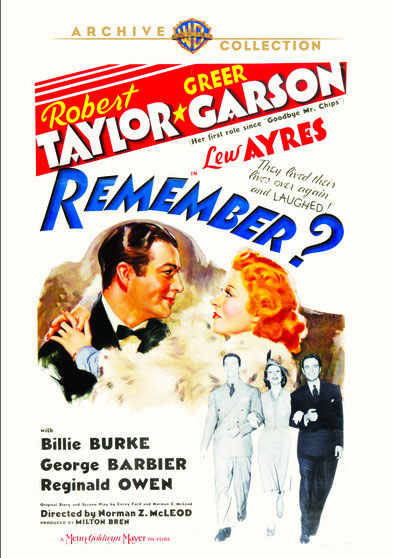
February 27 A Midsummer Night's Dream as analogue: Pursuits, pp. 142-45
Required Viewing:
The Philadelphia Story (dir. George Cuckor, 1940)
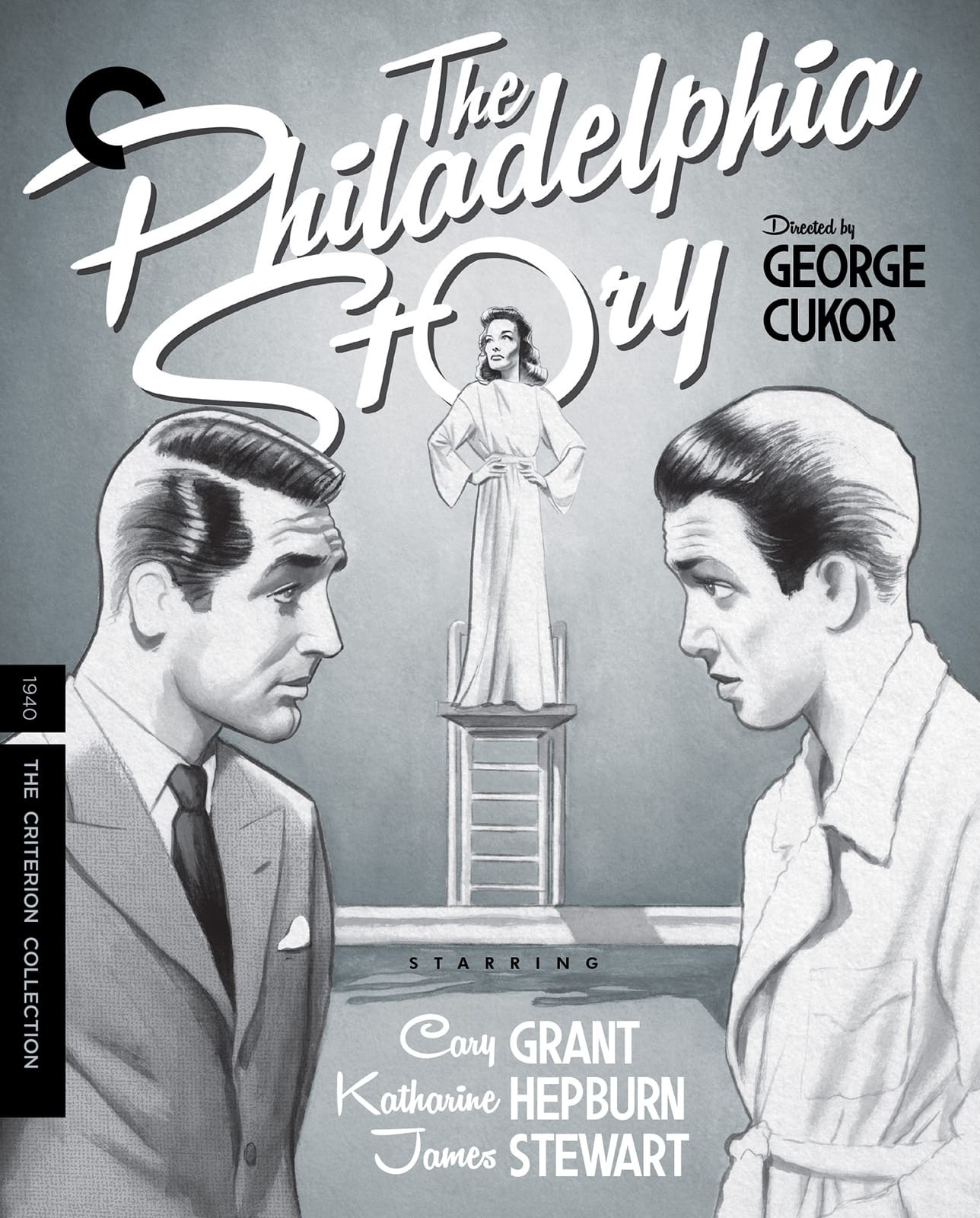
February 29
Required Reading:
Stanley Cavell, Chapter 4 "The Importance of Importance: The Philadelphia Story," Pursuits of Happiness, pp. 133-60.

March 5
Required Viewing:
Smiles of a Summer Night (dir. Ingmar Bergman, 1955)

March 7 The last comedy of remarriage about forgiveness and children, according to Cavell.
Required Reading:
Stanley Cavell, "Chapter 14 Seasons of Love: Bergman’s Smiles of a Summer Night and The Winter’s Tale (1994)," in Cavell on Film, Edited by William Rothman (2005)
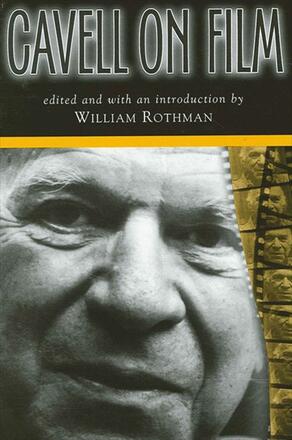
Recommended Viewing:
A conversation with Stanley Cavell timestamp 24:40 on Smiles of a Summer Night (dir. Ingmar Bergman, 1955) Conversations with History, hosted by UC Berkeley’s Harry Kreisler. (Feb 7, 2002.)
Recommended Viewing: In his chapter on Adam's Rib, Cavell says that the film noir A Double Life (dir. George Cukor, 1947) places "the subject of Othello (whose presence of course one could hardly fail to remember if one remembered anything of the film) in conjunction with a story of the failed attempt of a couple to remary . . . " pp. 221-22.
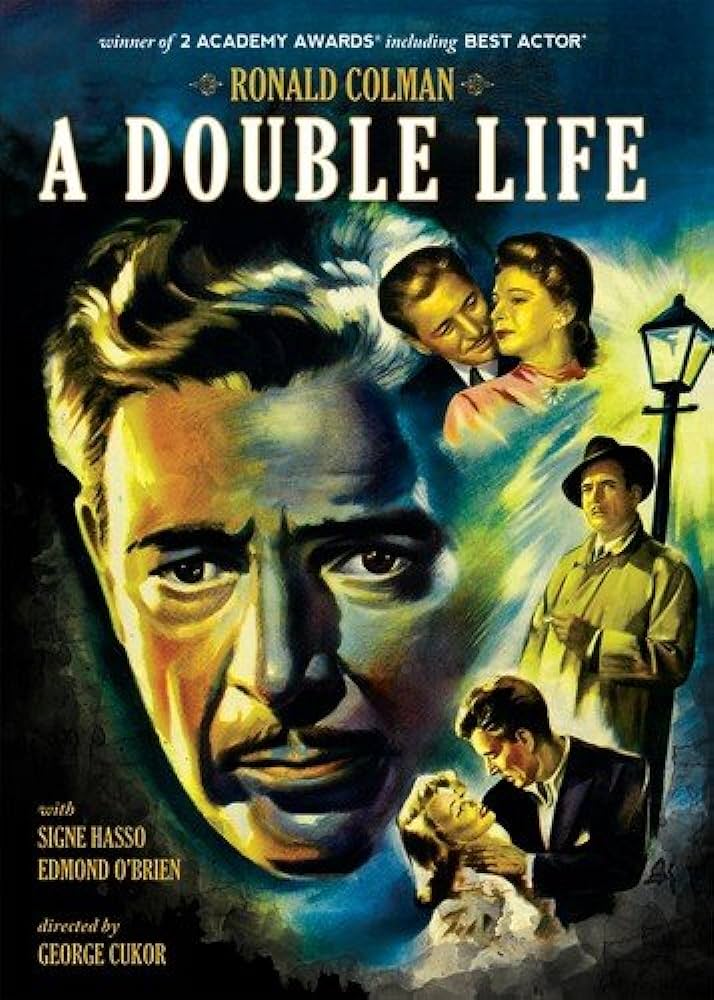
A Woman's Face (dir. George Cukor (1941)
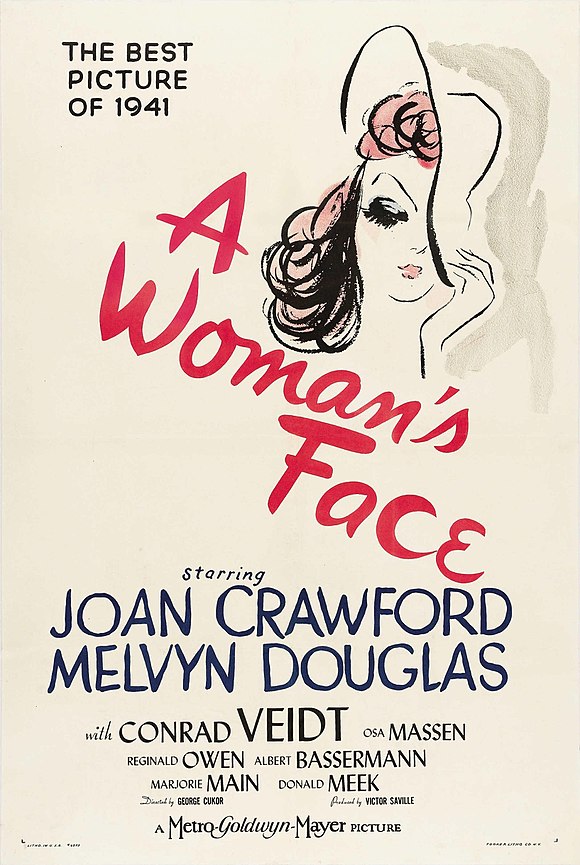
March 15-17
SPRING BREAK
March 20
North by Northwest (dir. Alfred. Hitchcock, 1959)

March 22
Required Reading:
Stanley Cavell, "North by Northwest," Critical Inquiry, Vol. 7, No. 4. (Summer, 1981), pp. 761-776.
Recommended Reading:
Marian Keane's "The Designs of Authorship: An Essay on North by Northwest," Wide Angle 4, no. 1 (1980): 44-52.
Mine Shaft Rescue In Hitchcock's Young And Innocent (1937)
March 26
Required Viewing:
His Girl Friday (dir. Howard Hawks, 1937)
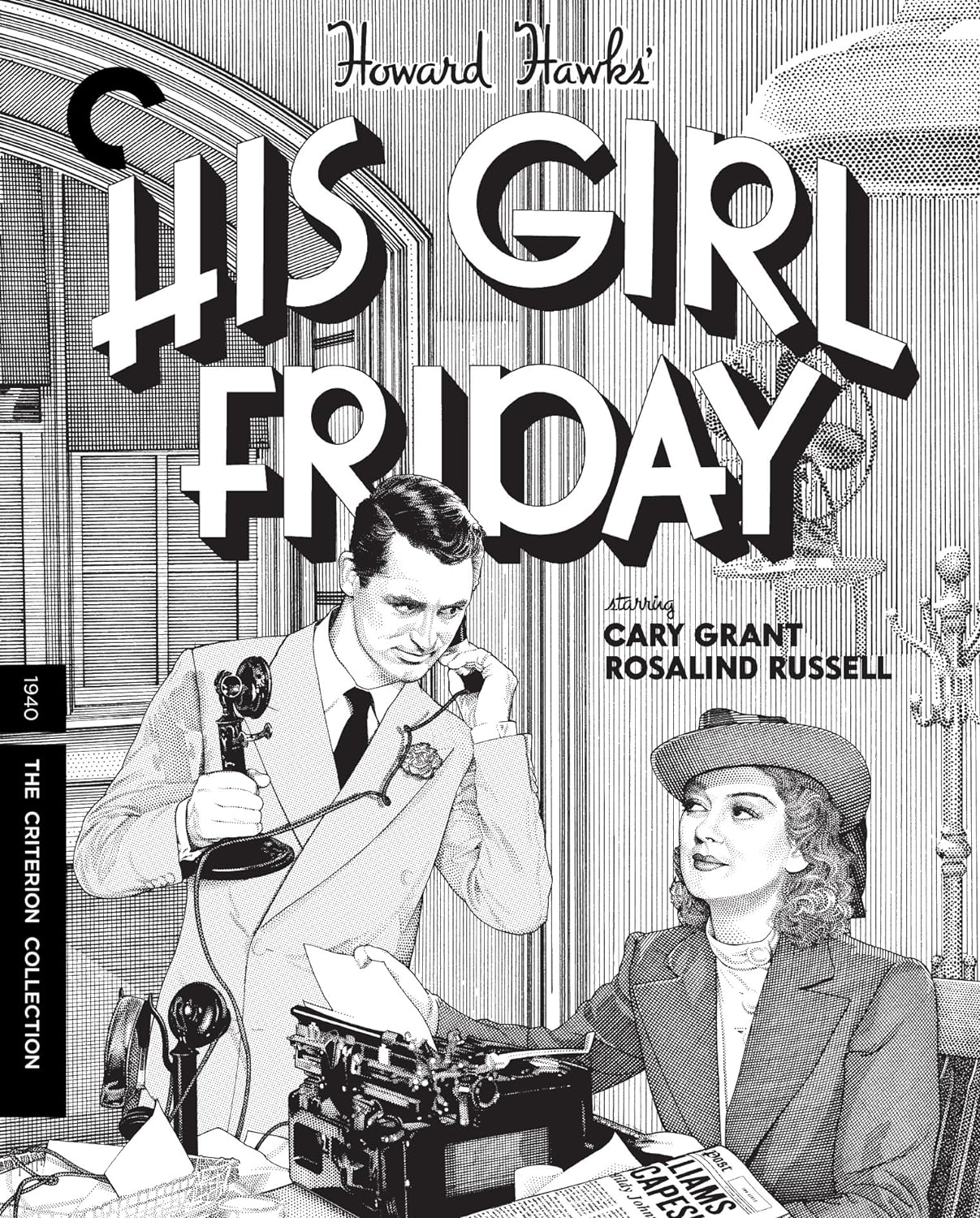
Recommended Viewing:
His Girl Friday (dir. Howard Hawks, 1937) is a remake of The Front Page (dir. Lewis Milestone, 1930)
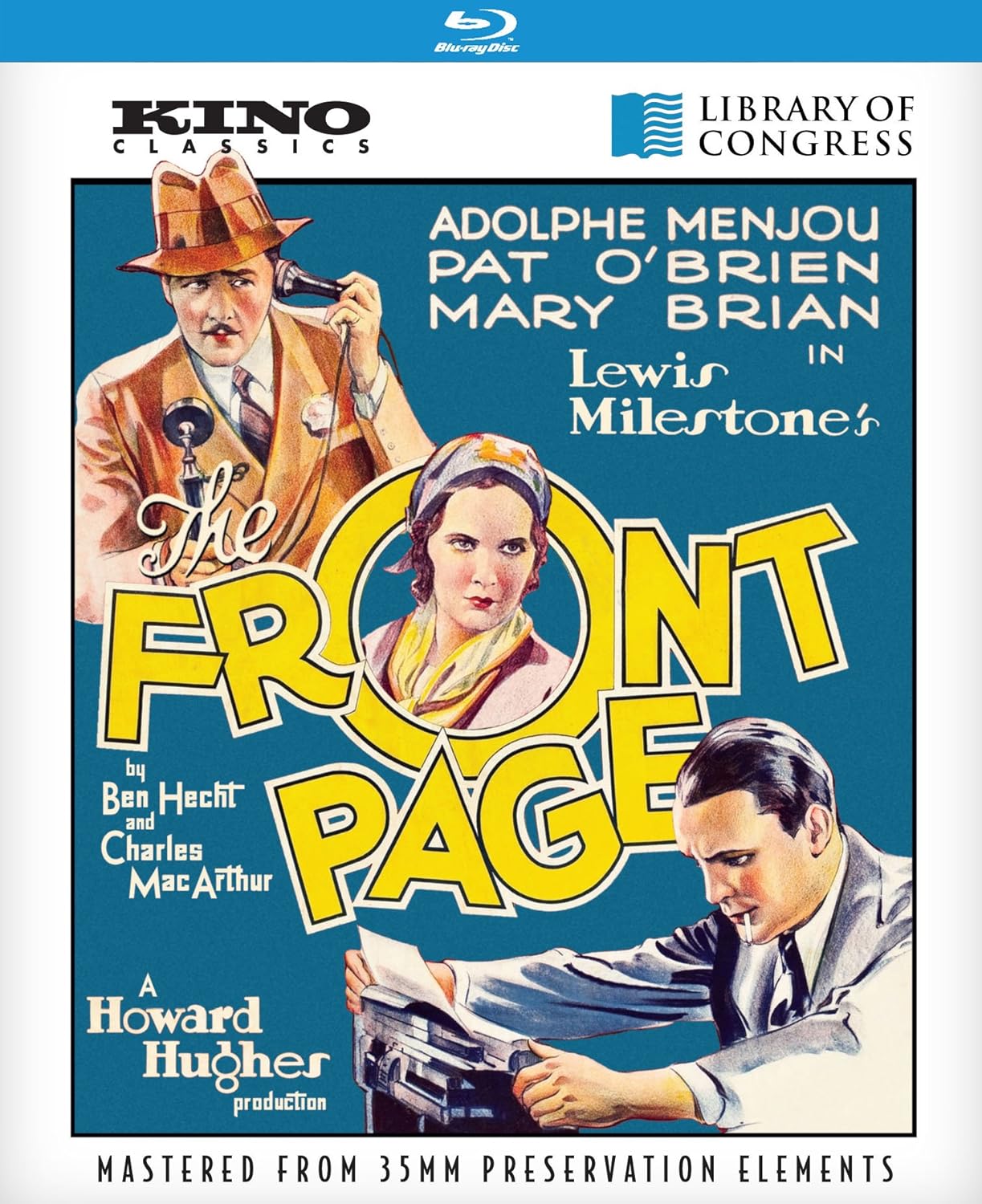
March 28
Stanley Cavell, Chapter 5 "Counterfeiting Happiness: His Girl Friday," Pursuits of Happiness, pp. 161-88.

April 2
Required Viewing:
Conte d’Hiver, A Winter's Tale (dir. Eric Rohmer, 1992)
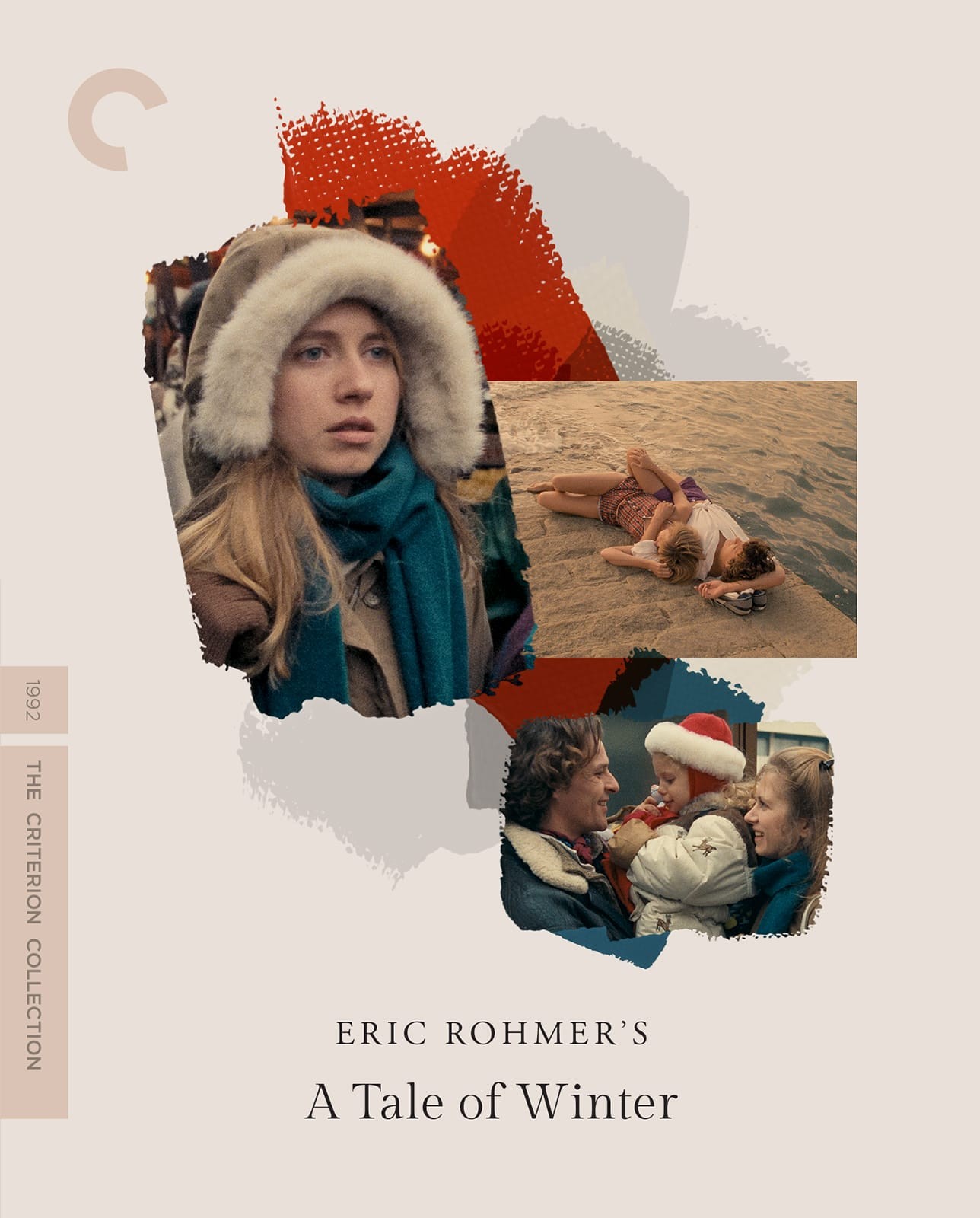
"John Cruickshank, Pascal; 'Pensées' (London: Grant & Cutler, 1983), 47.
Pascal, Pensées (Paris: Garnier-Flammarion, 1976), 114.
The extract in question comes from Hugo's Les Contemplations (livre sixième) 'Au bord de l'infini' and forms part of a poem entitled 'Ce que dit la bouche d'ombre'. See Victor Hugo, Les Contemplations (Paris: Gallimard, 1973), 396-7." https://journals.sagepub.com/doi/10.1177/095715589600702107
Recommended Viewing:
Shakespeare: The Animated Tales: The Winter's Tale

Shakespeare rewrites the tragedy of marriage: Othello as the romance of remarriage in A Winter's Tale (the "death" of Hermione calls back to the the "death" of Hero in Much Ado). Note: If a couple is married at the beginning of a Shakespeare play, it's going to be a tragedy or a romance
April 4
Required Reading:
Stanley Cavell, "Shakespeare and Rohmer: Two Tales of Winter," in Cities of Words: Pedagogical Letters on a Register of the Moral Life (Harvard University Press, Belknap Press, 2004, pp. 421-444)

April 9
Required Viewing:
Bringing Up Baby (dir. Howard Hawks, 1937)
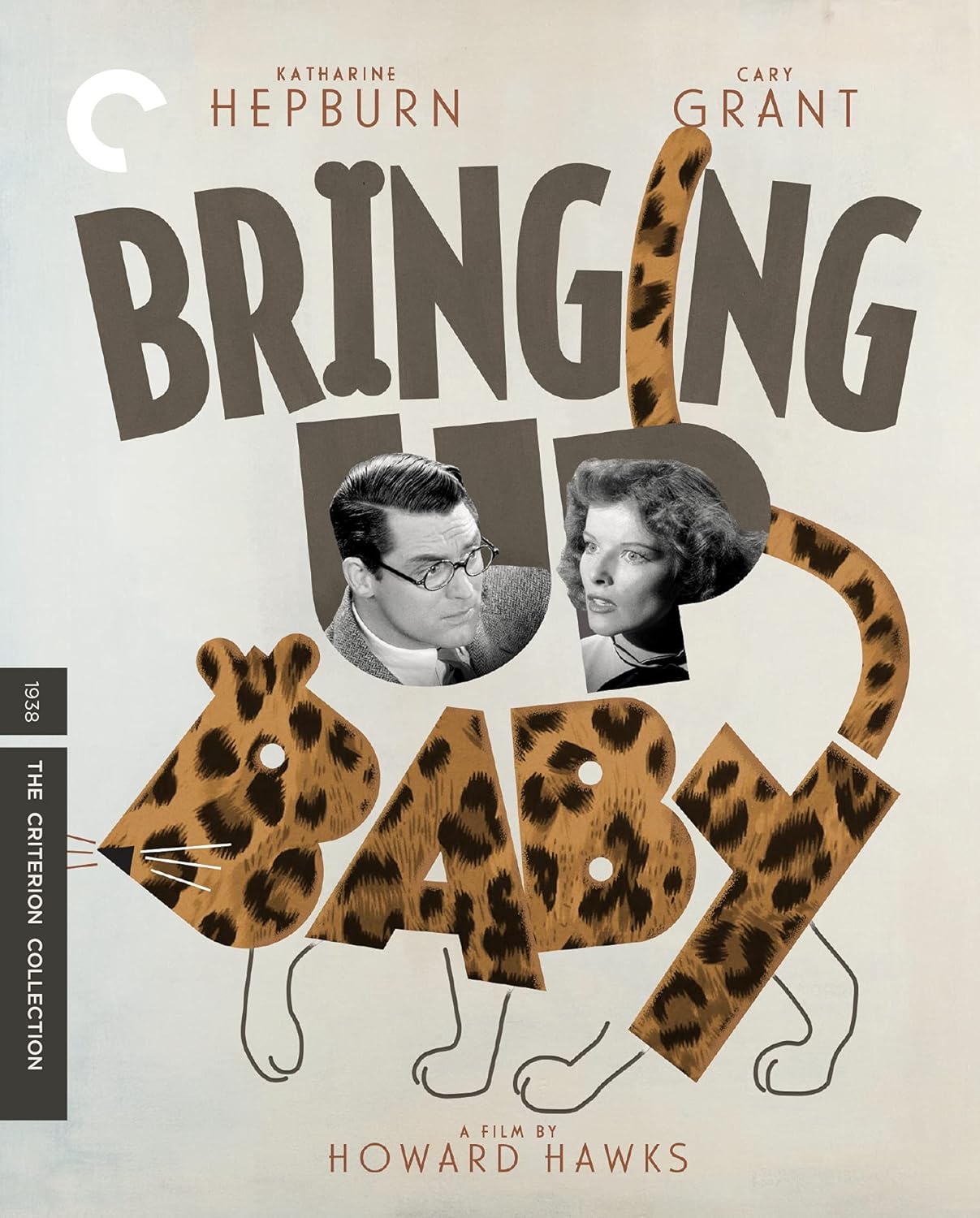
April 11:
Required Reading:
Stanley Cavell, Chapter 3 "Leopards in Connecticut: Bringing Up Baby," Pursuits of Happiness, pp. 111-32.

April 16
Required Viewing:
The Awful Truth (dir. Leo McCarey, 1937)
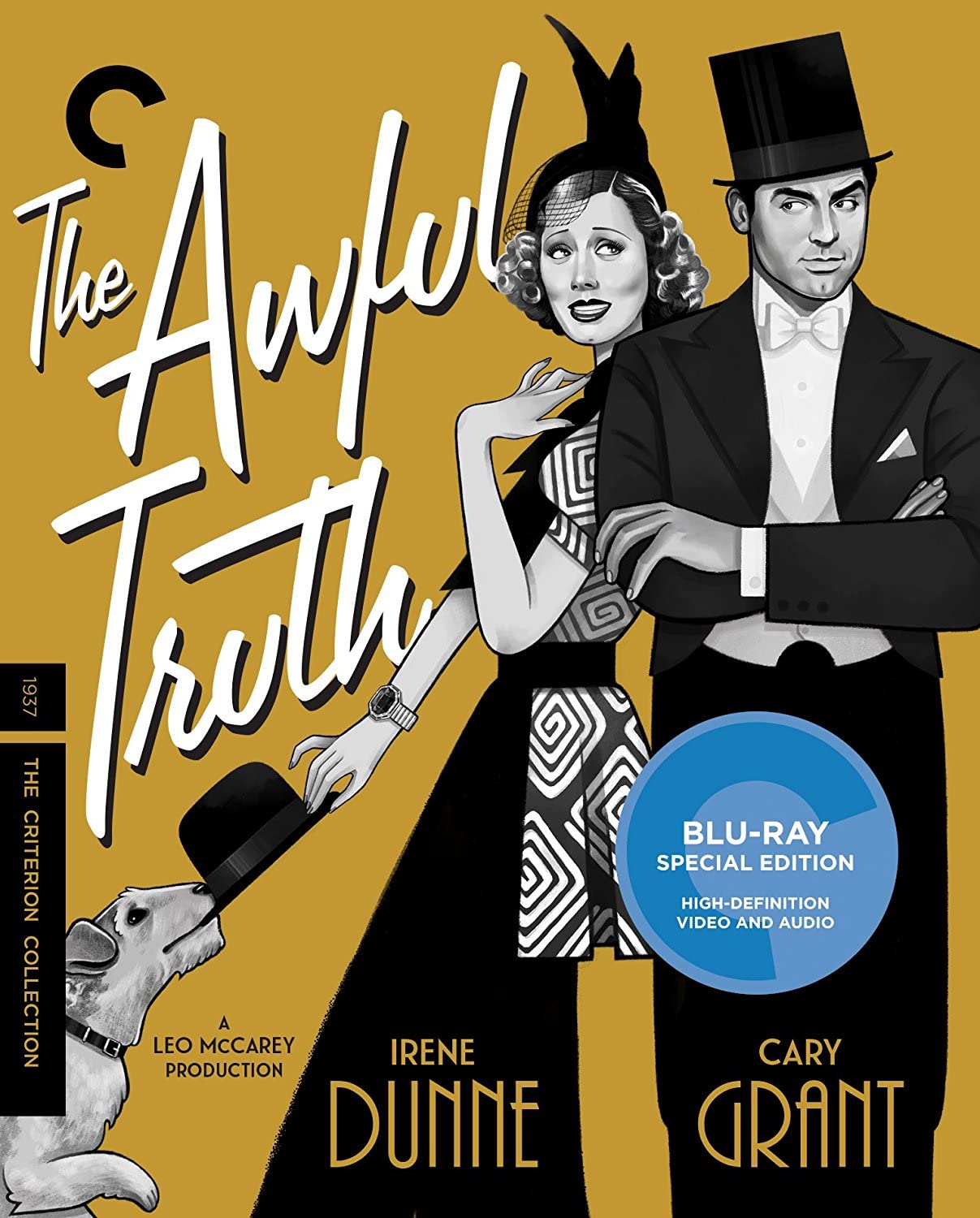
April 18
Required Reading:
Stanley Cavell, Chapter 7 "The Same and Different: The Awful Truth," Pursuits of Happiness, pp. 229-64.

THIRD PAPER DUE April 20 by 11:59 p.m.
WHAT YOU NEED TO KNOW: Your assignment is to do a close reading of a clip from an assigned film we've watched this semester except the film you wrote your first film assignment on. Focus on a scene and discuss it in detail. That passage or scene is your paper topic. Cite the film to make your points. Develop your thesis. The film is your evidence. Use screen captures to support your points. If you don't know what a close reading is and have never done one before, be sure to go to http://writingcenter.fas.harvard.edu/pages/how-do-close-reading. You may also ask me for clarification. You must also know how to write a research paper or analytical essay. You will need a title for your paper and a thesis, an argument that you can state in one sentence. Your thesis should go at the end of your first paragraph. To make sure we share the same understanding of the assigned paper, please read richardburtphd.com/paper.html before you begin writing. You may figure out your title before you write your paper, but usually, you only figure out your title after you figure out your thesis. And you figure out your thesis by writing your paper. What you first thought is your conclusion often needs to be moved up from the end of the essay to the front. Then you are ready to make your final revisions and add a new concluding paragraph. You may also have come up with a new title in the course of writing the paper. And then you are ready to proofread your paper. I strongly recommend you read it aloud to catch errors. And then you will have finished writing your paper. Congratulations! :) Also, please insert image captures as needed.
Email your paper (as an attachment) to me at [email protected]. Put your name in the subject title or header of your title. Put your name in your paper.
Grading: I will meet with you in person to discuss your paper with you. PLEASE BE ADVISED: If you don't do the asignment, a close reading, your grade is an automatic E. If you don't put your name on your paper, it's an automatic E. If you don't have a proper title, it's an automatic E. If you don't have a thesis, it's an automatic E. One third of your grade will be based on your title; one third on your thesis; and one third on the rest of your paper.
Live GRADING in 4314 Turlington: I will meet with you in person to discuss your paper with you. PLEASE BE ADVISED: If you didn't do the asignment, your grade is an automatic E. If you didn't put your name on your paper, it's an automatic E. If you didn't have a proper title, it's an automatic E. If you didn't have a thesis, it's an automatic E. One third of your grade will be based on your title; one third on your thesis; and one third on the rest of your paper.
April 23
TO BE Shakespeare IN Screwball Comedy (Hamlet and The Merchant of Venice)
Required Viewing:
To Be or Not to Be (dir. Ernst Lubitsch, 1941)
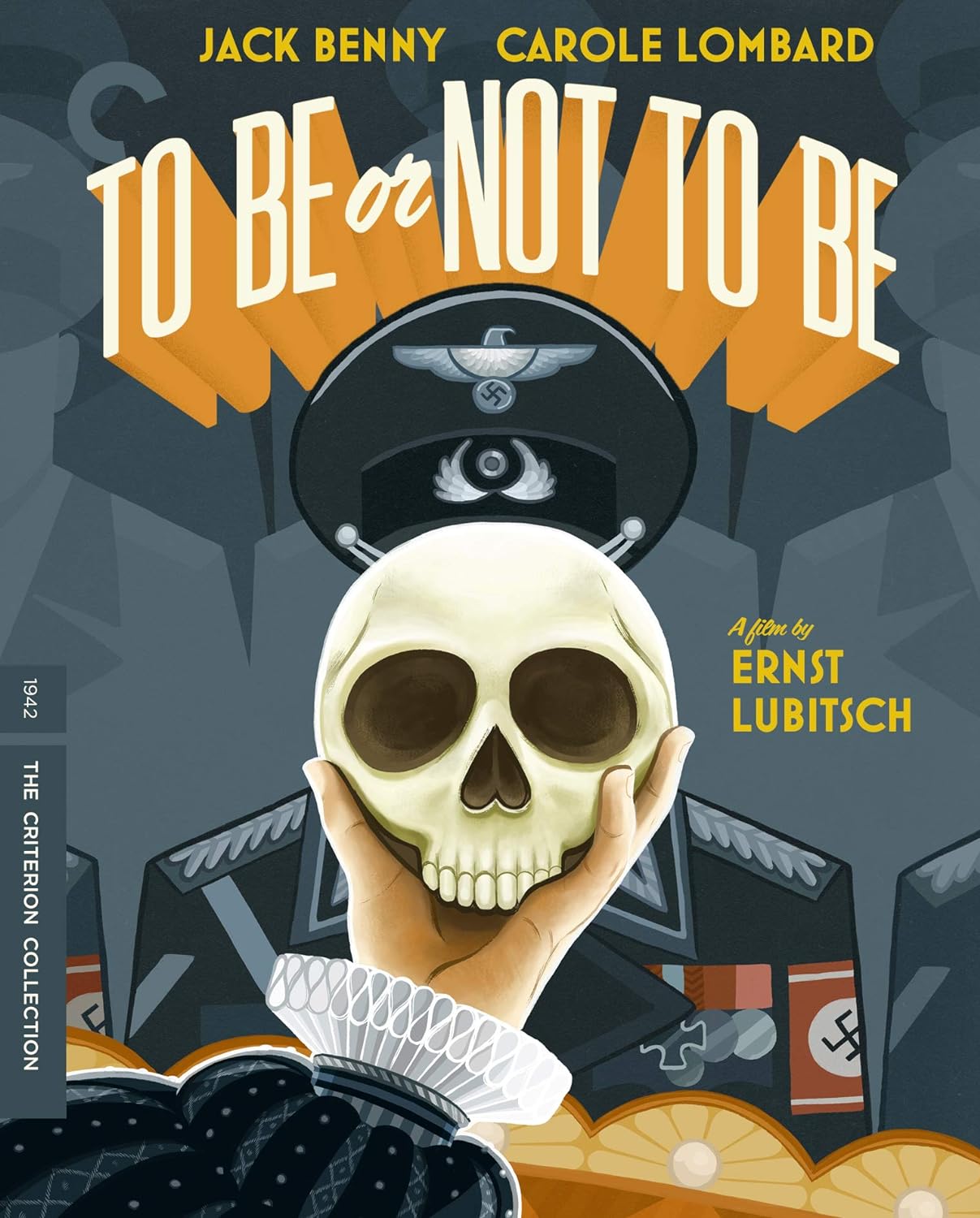


In order to include all students in class discussion, and in order to make it easier for you to read closely and thereby improve your own writing, we will close read, read slowly the assigned text sentence by sentence or the assigned film shot by shot. Discussion co-leaders and I will call on a student at random and ask that student to read a specific sentence out loud and then to close read it. If the student is unable to read the sentence closely, the co-leaders will call on another student and ask that student to read a specific sentence out loud and then close read it. We will continue to discuss the same sentence until a student reads it closely. We will then proceed in the same fashion with the next sentence. And so on. Due to time constraints and because close reading is slow reading, we will skip parts of the assigned text, but we will always be talking and only be talking about words, syntax, punctuation, paragraphing, and narration in the text. As we move through the text, we will be able to make more general comments about parts of it. If students have comments to add on the sentence under discussion, they may raise their hands and make them once they have been called on by the co-leaders or me.
In order to learn the names of all the students in the class, I will take roll on canvas at the beginning of class. As I state on the requirements webpage, if you are late to class, I consider you absent. If you are absent more than twice, your final grade may suffer. If you are absent four times, you fail the class.
Here is what I have written on the requirements webpage:
"Attendance means not only being in class, but includes completing the assigned work for each class by the time it is due and arriving to class on time. (If you arrive late to class or if you don't do the discussion questions, you are counted as absent.)"
NOTHING BELOW IS REQUIRED FOR THIS COURSE. YOU MAY STOP READING HERE.
April 4
Required Viewing:
William Shakespeare, The Winter's Tale (RSC 1999)
Required Reading:
Stanley Cavell, “Recounting Gains, Showing Losses (A Reading of The Winter's Tale),” In Disowning Knowledge in Six Plays of Shakespeare, pp. 196–206.

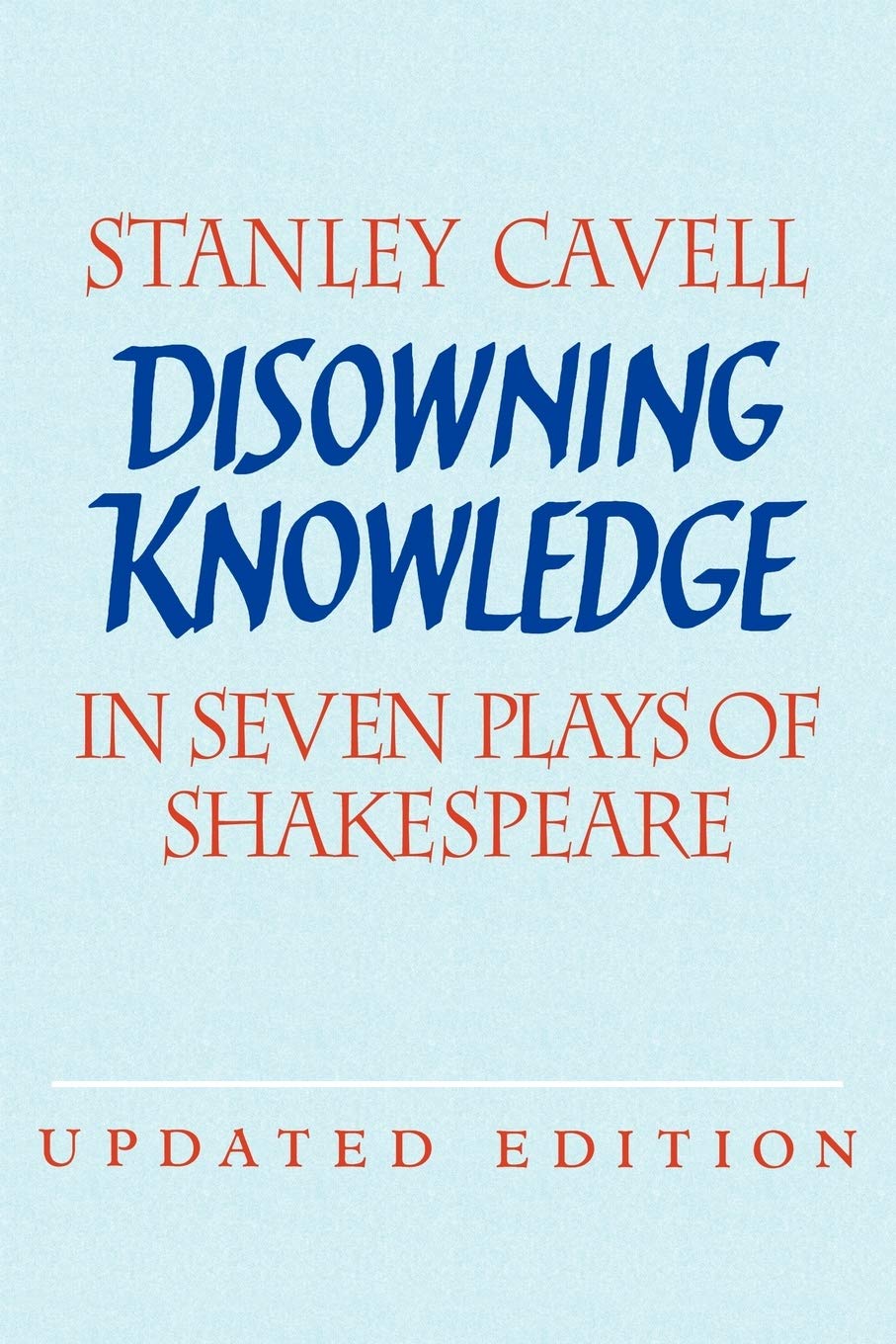
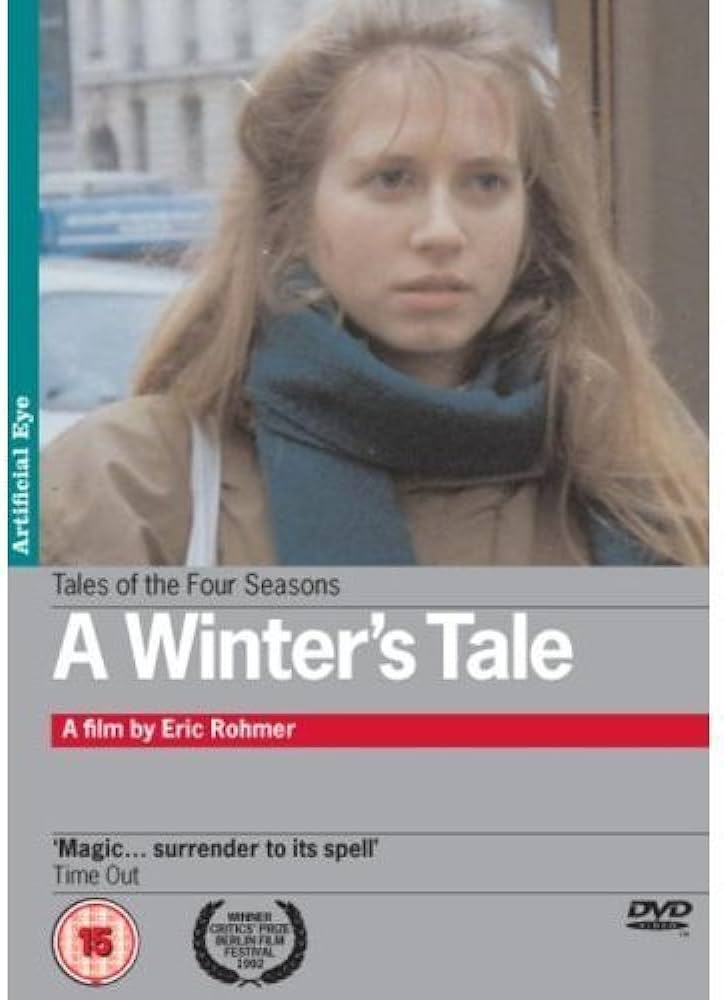
Richard Burt, "Charisma, Coercion, and Comic Form in The Taming of the Shrew," Criticism 26 (Fall 1984), 295-311; reprinted in Modern Critical Interpretations: William Shakespeare's The Taming of the Shrew. Ed. Harold Bloom (New York and New Haven: Chelsea House, 1988), 79-82; reprinted in Shakespearean Criticism. Ed. Marie Lazzari (Detroit: Gale Research, 1996).
Cavell, Prologues to each chapter on a screwball comedy in Cities of Words.
J. Hillis Miller, Why Literature? A Profession
Stanley Cavell,"Epistemology and Tragedy: A Reading of Othello," Daedalus Vol. 108, No. 3, Summer, 1979, Hypocrisy, Illusion, and Evasion (pp. 27-43) https://www.jstor.org/stable/pdf/20024619.pdf
"In The World Viewed and in the chapter on The Lady Eve in Pursuits, Cavell discusses the same actors playing identical twins. Many comedies of remarriage and many Shakespeare's comedies have identical twins (dating back to Plautus) or the same character impersonating another. Cavell does mention a few them (Palm Beach Story, A Comedy of Errors, The Merchant of Venice (Portia),Twelfth Night, Cymbeline.)
During the ’30s and ’40s, Hollywood produced a genre of madcap comedies that emphasized reuniting the central couple after divorce or separation. Their female protagonists were strong, independent, and sophisticated. Here, Stanley Cavell names this new genre of American film—“the comedy of remarriage”—and examines seven classic movies for their cinematic techniques and for such varied themes as feminism, liberty, and interdependence.
Included are Adam’s Rib, The Awful Truth, Bringing Up Baby, His Girl Friday, It Happened One Night, The Lady Eve, and The Philadelphia Story."
INDEX
Smiles of a Summer Night, 58, 166, 178
Shakespeare, William, 141, 158, 160; and romantic comedy 1, 20, 34, 51, 70, 118, 169-71; The Winter's Tale, 19, 66--67, 69, 103, 104; later romances of, 49-50; poetry of, 52; and father daughter relationships, 53, 84; Midsummer Night's Dream,142-45, 153-54, 156, 261; King Lear, 159; Henry IV, 179; Othello, 221, 238
North by Northwest, 33-34, 100
Stanley Cavell, Preface_to_updated_edition_of_Must_We_Mean_What_We_Say?
Stanley Cavell, The_avoidance_of_love_A_reading_of_King_Lear
Stanley Cavell, Here and There: Sites of Philosophy Nancy Bauer (Editor), Alice Crary (Editor), Sandra Laugier (Editor) 2022

Stanley Cavell, This New Yet Unapproachable America: Lectures after Emerson after Wittgenstein (Carpenter Lectures) 2013
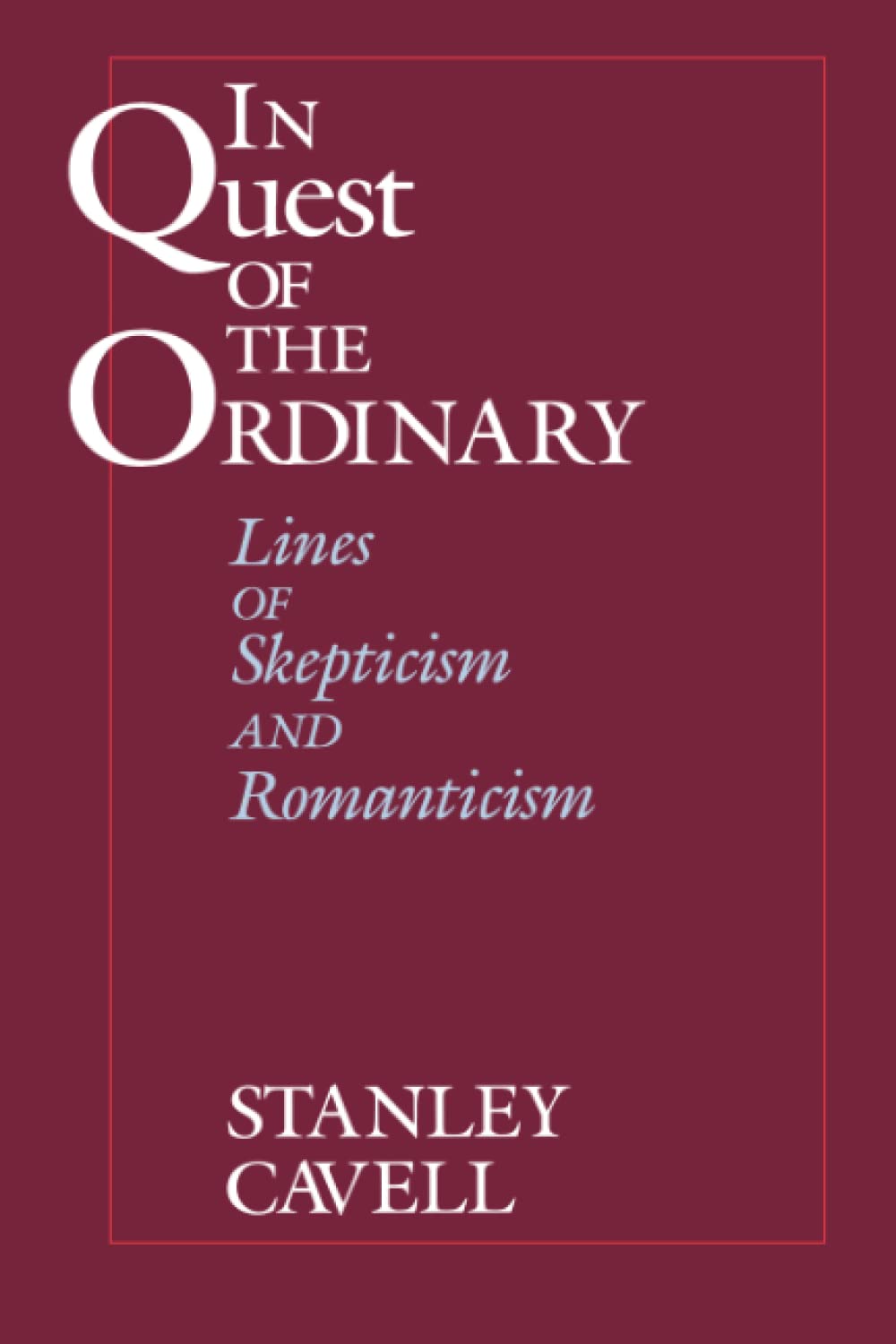
Stanley Cavell, Conditions Handsome and Unhandsome: The Constitution of Emersonian Perfectionism: The Carus Lectures, 1988 2nd ed. Edition

STANLEY CAVELL. "Chapter 2 THE INTERMINABLE SHAKESPEAREAN TEXT," in Philosophy the Day after Tomorrow (2005, pp. 28-60).
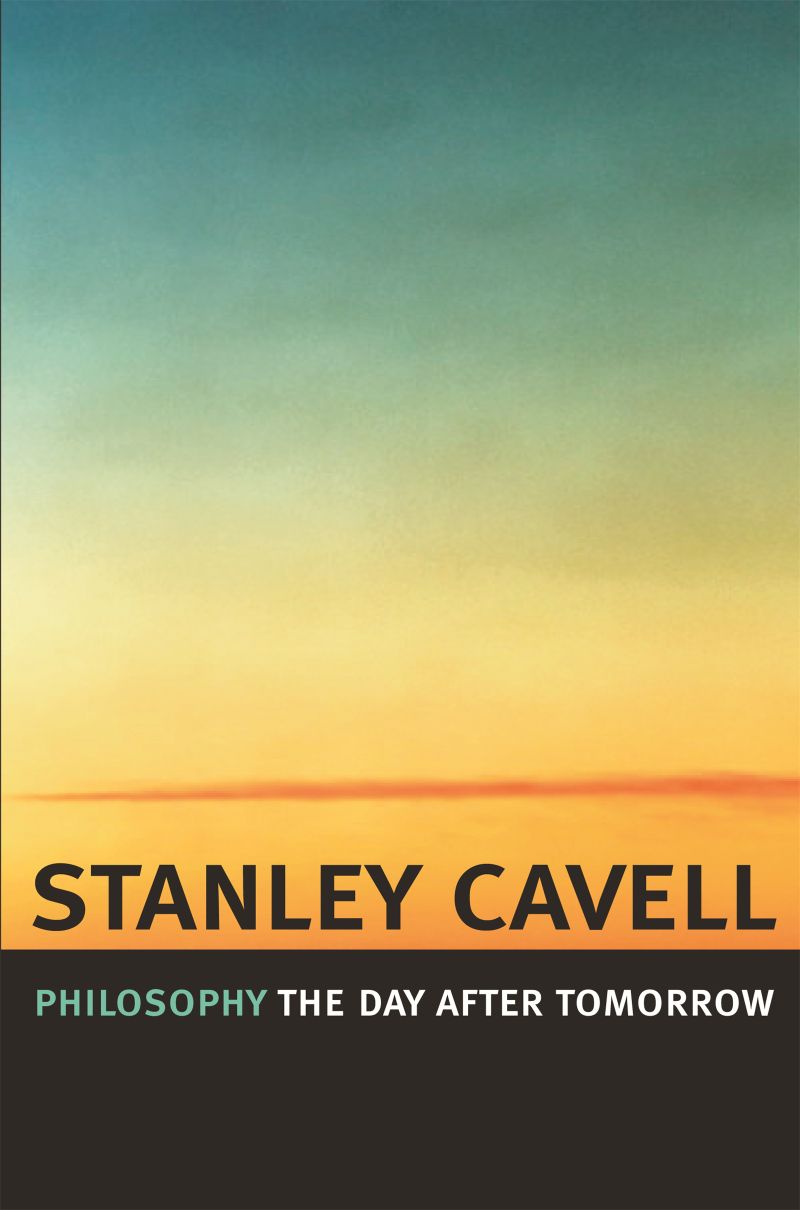
Stanley Cavell, Contesting Tears: The Hollywood Melodrama of the Unknown Woman (University of Chicago Press,1996)

J. L. Austin et al, "Other Minds," in Philosophical Papers (3rd edn) 1979, pp. 76–116.
J. L. Austin et al, "Pretending," in Philosophical Papers (3rd edn), 1979 pp. 253–271.
Northrop Frye, Anatomy_of_Criticism_Four_Essays_(1957)
Northrop Frye, Northrop Frye on Shakespeare (1988)
Northrop Frye, A Natural Perspective: The Development of Shakespearean Comedy and Romance (1967)
Neville Coghill, "The Basis of Shakespeare Comedy," Essays and Studies, New Series* vol.3. 1950
The first of the epigraphs I have placed as guardians or guides at the entrance to this book—“I know that the world I converse with in the cities and in the farms, is not the world I think”—opens the concluding paragraph of Emerson’s “Experience.” It captures one of Kant’s summary images of his colossal Critiques, epitomized in the Groundwork of the Metaphysics of Morals, namely that of the human being as regarding his existence from two standpoints, from one of which he counts himself as belonging to the world of sense (the province of the knowledge of objects).
http://richardburtphd.com/Cavell-EpistemologyTragedyReading-1979.pdf
William Shakespeare's The Merchant of Venice (dir. Michael Radford, 2005)
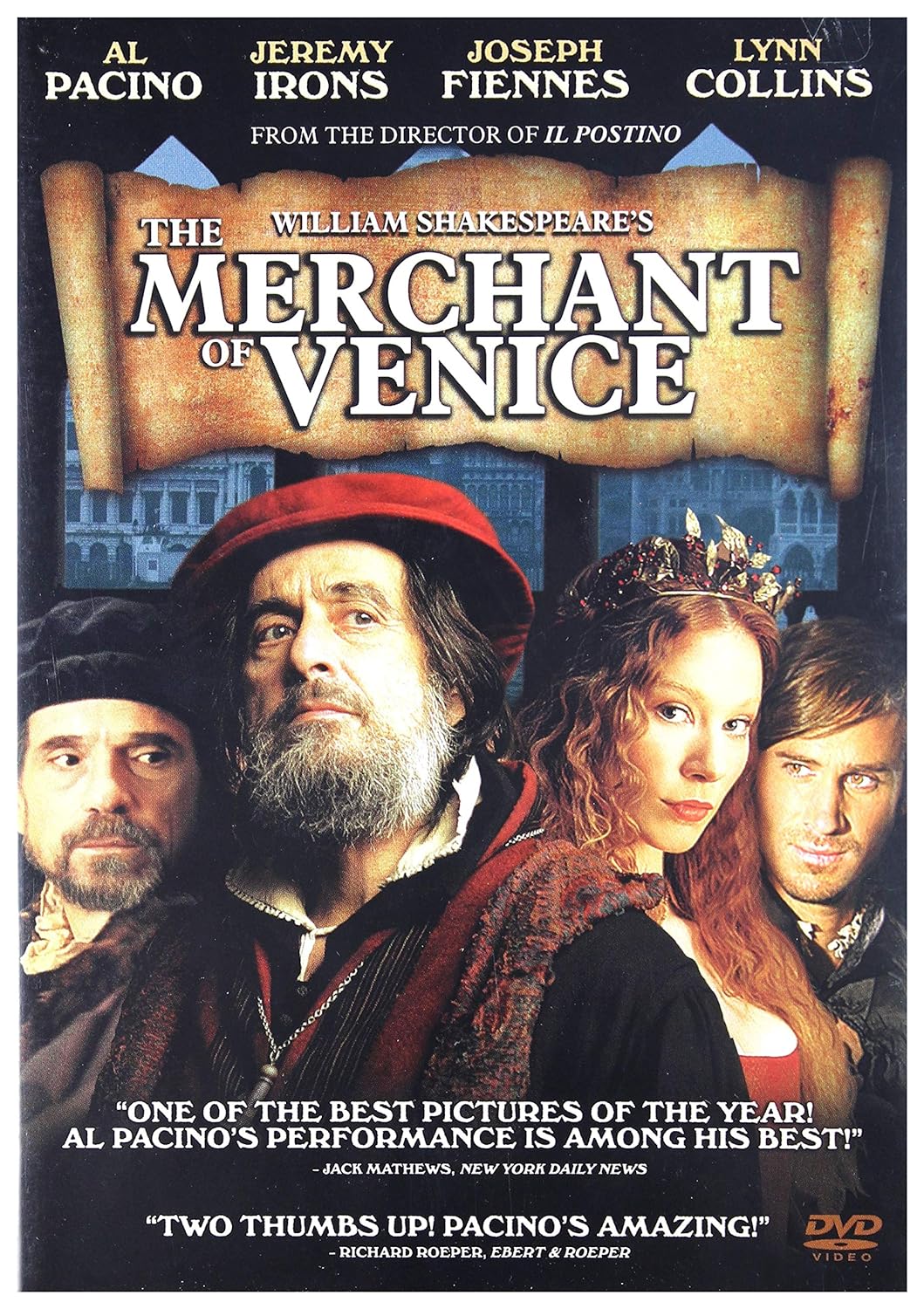
BBC Shakespeare: The Merchant of Venice (2008)

BBC Bites Shakespeare - The Merchant of Venice - characters
"Like the previous chapter, this one concerns both a literary text and a film—in this case, not a film that is a close adaptation of a text, with tantalizing differences, but a film that is something like a commentary on a text. Eric Rohmer’s film bears, in French, the title Conte D’Hiver, which is almost the canonical French title of Shakespeare’s The Winter’s Tale. I shall, to distinguish it from the play, translate it as it is advertised in English, namely as A Tale of Winter."
Marriage and Narrative Closure / Marriage and (or as) Punishment (woman as male property versus romantic love)
Measure for Measure 5.1.
Whipt first, sir, and hanged after.LUCIO
Proclaim it, provost, round about the city.
Is any woman wrong'd by this lewd fellow,
As I have heard him swear himself there's one
Whom he begot with child, let her appear,
And he shall marry her: the nuptial finish'd,
Let him be whipt and hang'd.
I beseech your highness, do not marry me to a whore.DUKE VINCENTIO
Your highness said even now, I made you a duke:
good my lord, do not recompense me in making me a cuckold.
Upon mine honour, thou shalt marry her.LUCIO
Thy slanders I forgive; and therewithal
Remit thy other forfeits. Take him to prison;
And see our pleasure herein executed.
Marrying a punk, my lord, is pressing to death,
whipping, and hanging.BFI list of Screwball Comedies
RECOMMENDED SCREWBALL COMEDIES
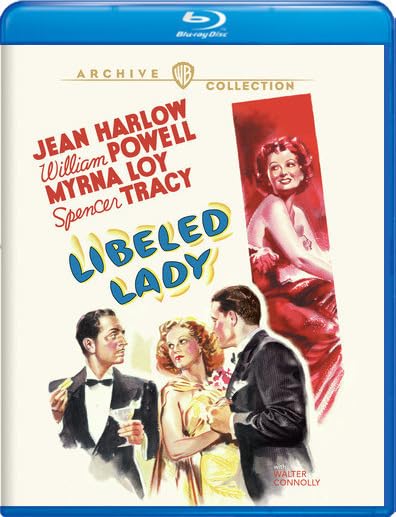
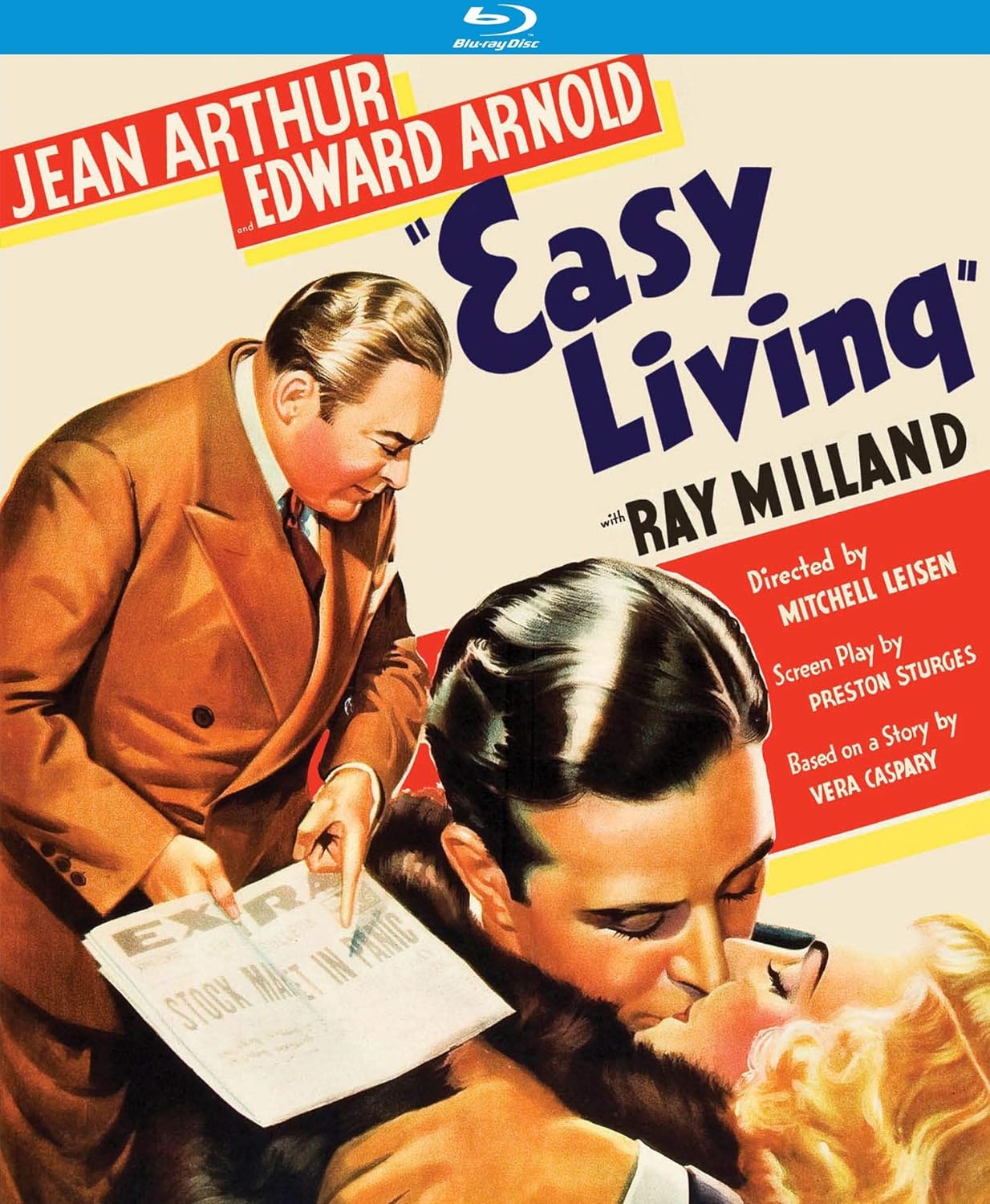

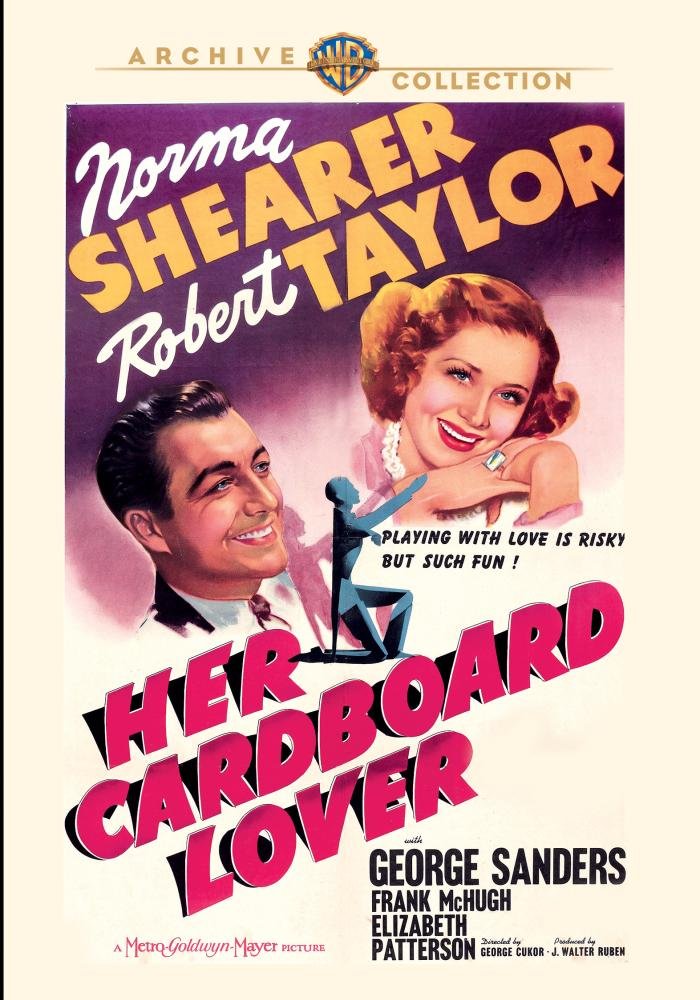
The Talk of the Town (dir. George Stevens, 1942)
Woman of the Year (dir. George Stevens, 1942)
I Love You Again (1940)
The Devil and Miss Jones (1941)
The Miracle of Morgan’s Creek (1944)
The Man Who Came to Dinner (1942)
My Favorite Wife (dir. Garson Kanin, 1940)
Born Yesterday (dir. Goerge Cukor.1950)
My Man Godfrey (dir. Gregory La Cava, 1936)
Twentieth Century (1934)
Nothing Sacred (dir. William A. Wellman, 1937)
Random Harvest (1942) is NOT a comedy of remarriage, according to Cavell.
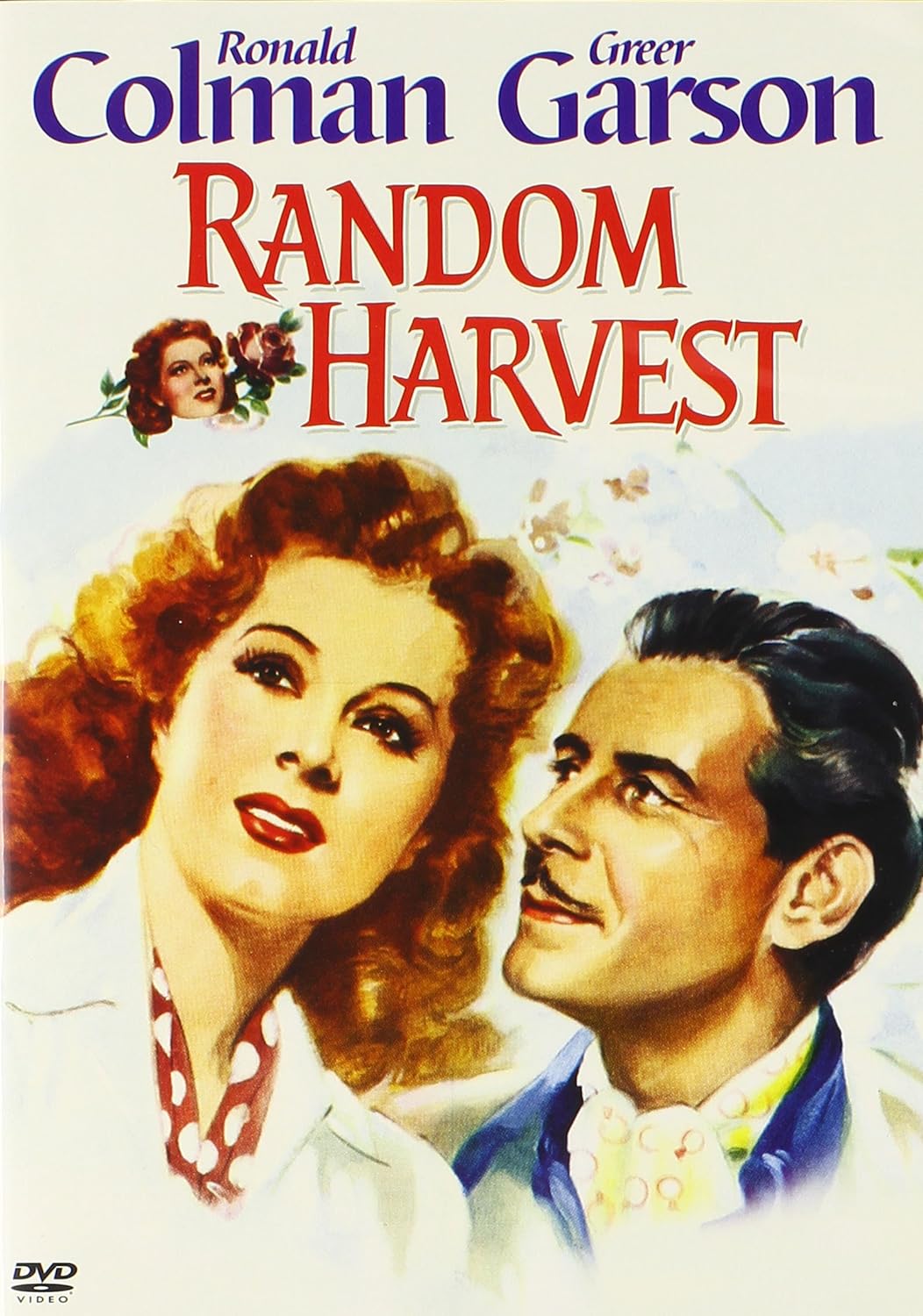
Private Lives (dir. Sidney Franklin,1931) is also NOT a comedy of remarriage, according to Cavell.
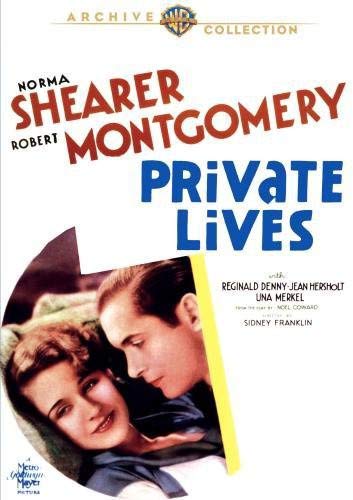
Trailers for It Happened One Night (dir. Frank Capra, 1934), The Lady Eve, (dir. Preston Sturges, 1941) and The Philadelphia Story (dir. George Cuckor, 1940)
https://www.jstor.org/stable/10.3138/9781442689886.7
The Taming of the Shrew (1967 film)
Much Ado About Nothing (1973 TV)
https://www.imdb.com/title/tt0071870/
Much Ado About Nothing (1993 film)
Much Ado About Nothing (2012 film)
Much Ado About Nothing (1984 film)
https://www.rogerebert.com/reviews/much-ado-about-nothing-2013
https://en.wikipedia.org/wiki/Much_Ado_About_Nothing_(1973_film)
BBC Love's Labor's Lost
Measure For Measure (1979) BBC
Measure For Measure (1994) BBC
Here is a perfect example of a critic noticing something that recurs in the text and asking "Why is it there?" Asking that question follows from a work of literature closely.
"For example, in Hardy’s The Return of the Native —I’ve just been teaching that novel-why is there so much spying on other people? It is a bit strange. It is not evidently necessary to the story, but it happens over and over again. A grotesque embodiment of this is the way Eustacia Vye in that novel wanders around the heath with her father’s spyglass. It seems unlikely, implausible, and yet she is always looking through the spyglass. So, you say, OK here’s a feature that recurs. It doesn’t seem to fit the story or be necessary to the story. Why is it there? It’s that why that interests me as much as the general role that literature has played in my life and in so many people’s lives—the unreflective plunge into the work as an alternative world."
J. Jillis Miller, Why Literature? A Profession
Miller's description is methodical, perhaps somewhat mechanical. In Marcel Proust's The Prisoner, a character dies when he goes to a Museum to see Vermeer's "A View of Delft" just after noticing something "for the first time." Rereading is a process of discovery, not a detective investigation.
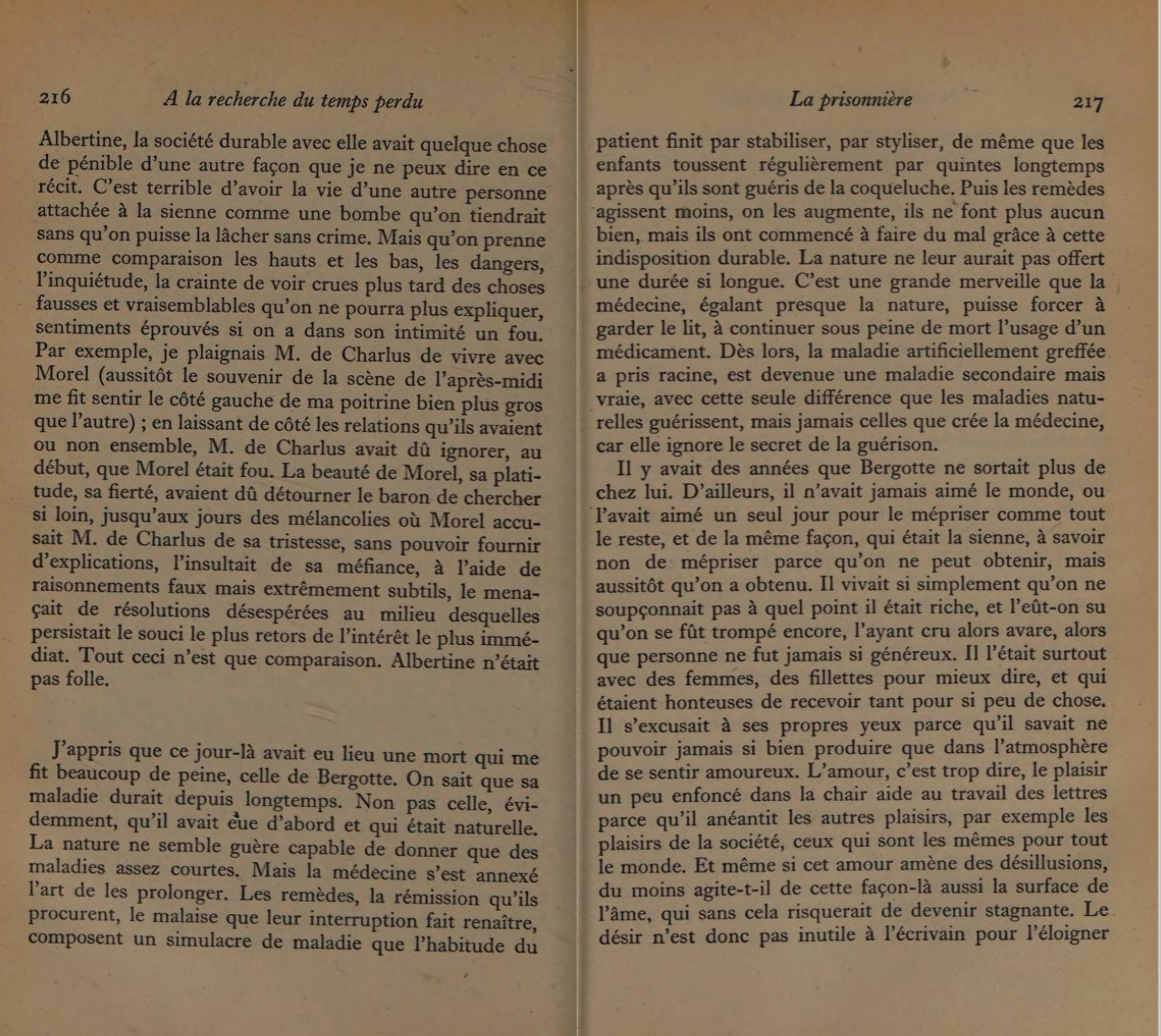
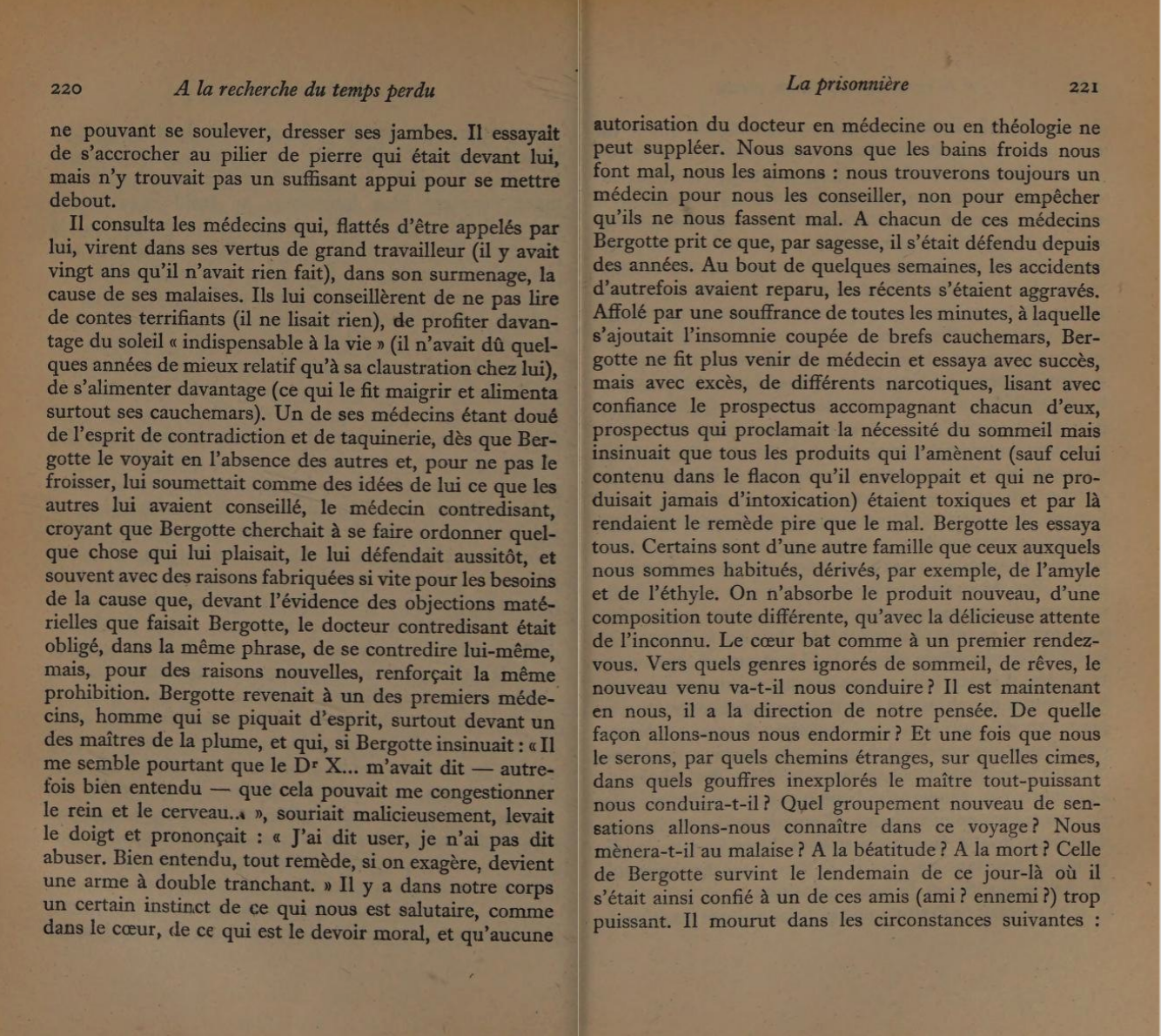
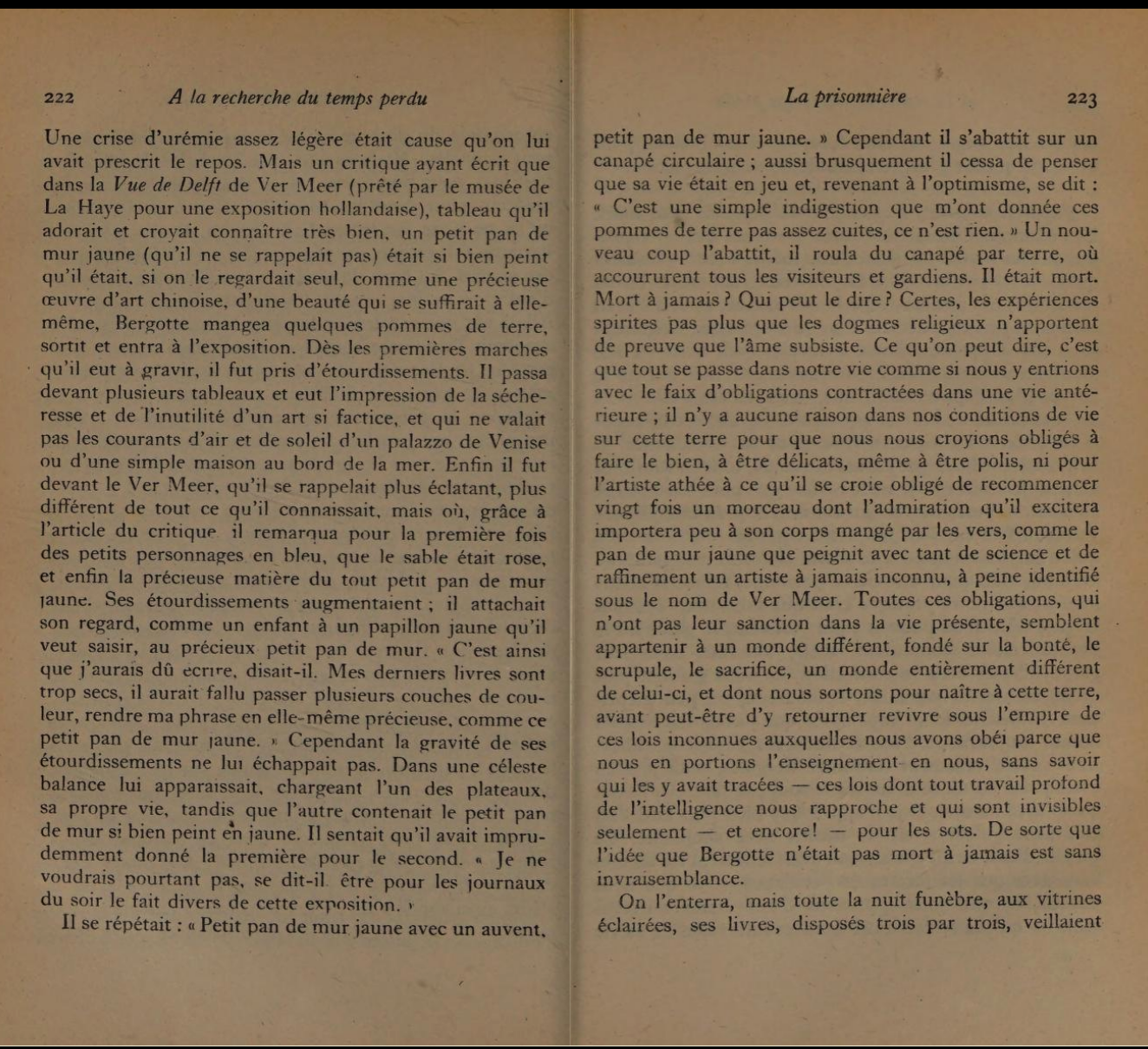
"Derrida discussed a small section of the Recherche on the death of Bergotte. Derrida noticed that Proust uses a whole series of words that are forms of prendre-comprendre, apprendre, etc. Derrida made that small detail really work to support his reading. Proust, he showed, plays on the strength of those French words, with their latent image of grasping, as in German Begriff, the word for “notion.” Derrida implied that you can’t really see this in the standard English translation of Proust. The translation is correct enough, but it necessarily misses the implicit play in the echoing French words. "
J. Jillis Miller, Why Literature? A Profession
"While right and left are hardly equivalent in their stated motivations, they share the assumption that it’s important to protect vulnerable readers from reading the wrong things.
erates at the higher reaches of the educational system too. As corporate management models and zealous state legislatures refashion the academy into a gated outpost of the gig economy, the humanities have lost their luster for undergraduates. According to reports in The New Yorker and elsewhere, fewer and fewer students are majoring in English, and many of those who do (along with their teachers) have turned away from canonical works of literature toward contemporary writing and pop culture. Is anyone reading “Paradise Lost” anymore? Are you?
Novels, at best a source of harmless amusement and mild moral instruction, were at worst — from the pens of the wrong writers, or in the hands of the wrong readers — both invitations to vice and a vice unto themselves. The novelists of the period didn’t hesitate to capitalize on this anxiety. In Jane Austen’s “Northanger Abbey,” Catherine Morland’s enthusiasm for Gothic fiction leads to social embarrassment and philosophical confusion, as she disastrously (if comically) conflates her reading with reality. For Emma Bovary, the confusion between the fantasies offered by popular romances and the banality of provincial life takes on a tragic dimension. Her reading propels her down a path to ruin.
The danger wasn’t restricted to women. Goethe’s “The Sorrows of Young Werther” was blamed for an epidemic of romantic suicides among impressionable male readers. Victorian America, perpetually worried that its footloose young men were on the road to perdition, classified novel-reading along with drinking and gambling among the causes of dissipation and debility."
--A.O. Scott, "Everyone Likes Reading. Why Are We So Afraid of It? Book bans, chatbots, pedagogical warfare: What it means to read has become a minefield."
Peter Brooks, Seduced by Story: The Use and Abuse of Narrative (2023)
Krystal LoPilato, "Garcetti v. Ceballos: Public Employees Lose First Amendment Protection for Speech Within Their Job Duties," Berkeley Journal of Employment and Labor Law, Vol. 27, No. 2 (2006), pp. 537-44
The Greeks produced two kinds of comedy, Old Comedy, represented by the eleven extant plays of Aristophanes, and New Comedy, of which the best-known exponent is Menander. About two dozen New Comedies survive in the work of Plautus and Terence. Old Comedy, however, was out of date before Aristophanes himself was dead;³ and today, when we speak of comedy, we normally think of something that derives from the Menandrine tradition.
New Comedy unfolds from what may be described as a comic Oedipus situation. Its main theme is the successful effort of a young man to outwit an opponent and possess...
Vertigo (Marriage = Death) dir. Alfred Hitchcock, 1957
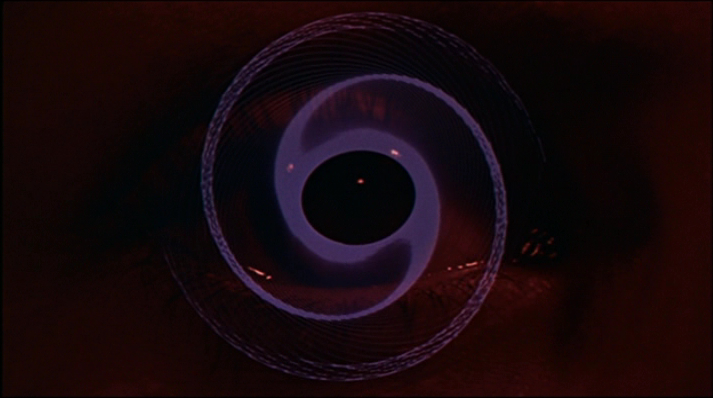
A new translation of Don Quixote, the result of sixteen years of work, has now made its appearance, and it is, we are told, the first really good English rendering of the world’s greatest novel. There have been fourteen English versions altogether,¹ but two made in the eighteenth century, one by Peter Motteux, a naturalized Frenchman who also completed the Urquhart Rabelais,² and one by Charles Jarvis, a friend of Pope,³ have held the field. The former is the better known in America, and the latter in England. Mr. Putnam’s introduction is severe on Motteux, whom he accuses of having...
John Milton, The Doctrine & Discipline of Divorce
Stanley Cavell, Preface to Updated Edition of Must We Mean What We Say?

CHAPTER I
THE ONE THING NEEDFUL
Note Bene: I don't do trigger warnings. This course is an elective. It is your responsibility to read through this schedule page and determine whether or not any of the material is objectionable. If it is, then please drop the course. If you do take the course, you are required to do all assigned readings and films. I read, teach, and write about literature, philosophy, and film out of joy. I live to learn, and I try to learn how to live. I'm not sure I ever will. I keep learning words. I keep learning French. I will teach you how to use words to communicate better, not tell you which words are forbidden. Some words are, of course, taboo. You learned most of them by the time you were two. None of us would even consider using them in class. It's called socialization.
I considered myself an adult when I went to college at age 18 way back in 1972. Professors and graduate student T.A.s felt the same way: their students were adults. I had to register for the draft at age 17 and could have been drafted at age 18 and then sent to Viet Nam if I hadn't gone to college. I would have been insulted if any professor or T.A. told me I might feel a negative way about a film or a book before I'd had a chance to see it or read it myself. I was sometimes upset by a film I saw or a book I read. I still am. I felt and still feel that being disturbed by literature or film was part of learning and learning how to live. And I didn't think then--and I still don't now--that talking about it necessarily makes it any less emotionally disturbing. Let me repeat: This course is an elective. You are not required to take it. It is your responsibility to look through the schedule now (January 9, 2023, the first day of class) to determine if there are any materials you find objectionable. If you do, drop the class now. Thank you.
NOTHING BELOW IS REQUIRED FOR THIS COURSE. YOU MAY IGNORE IT ALL.
e film streaming. This week and next week, you DQS are due on Tuesday and Thursday by 5:00 p.m. After that, DQs will be due Sundays and Tuesdays. The screening will be the second viewing.
Email all papers for the course to me at [email protected]
Post Your DQs etc BOTH on canvas AND on this google document here.
Two Discussion Questions (DQs) and Three shots with three film analysis terms are due every Sunday and Tuesday by 5:00 p.m. except for the first two weeks when they will be due on Tuesdays and Thursdays. Post Your DQs etc BOTH on canvas AND on this google document here.I recommend you have the text open or the film on a computer screen as you write your discussion questions.
Note Bene: I don't do trigger warnings. This course is an elective. It is your responsibility to read through this schedule page and determine whether or not any of the material is objectionable. If it is, then please drop the course. If you do take the course, you are required to do all assigned readings and films. I read, teach, and write about literature, philosophy, and film out of joy. I live to learn, and I try to learn how to live. I'm not sure I ever will. I keep learning words. I keep learning French. I will teach you how to use words to communicate better, not tell you which words are forbidden. Some words are, of course, taboo. You learned most of them by the time you were two. None of us would even consider using them in class. It's called socialization.
I considered myself an adult when I went to college at age 18 way back in 1972. Professors and graduate student T.A.s felt the same way: their students were adults. I had to register for the draft at age 17 and could have been drafted at age 18 and then sent to Viet Nam if I hadn't gone to college. I would have been insulted if any professor or T.A. told me I might feel a negative way about a film or a book before I'd had a chance to see it or read it myself. I was sometimes upset by a film I saw or a book I read. I still am. I felt and still feel that being disturbed by literature or film was part of learning and learning how to live. And I didn't think then--and I still don't now--that talking about it necessarily makes it any less emotionally disturbing. Let me repeat: This course is an elective. You are not required to take it. It is your responsibility to look through the schedule now (January 9, 2023, the first day of class) to determine if there are any materials you find objectionable. If you do, drop the class now. Thank you.
This course is an elective. It is your responsibility to read through this schedule page and determine whether or not any of the material is objectionable to you. If it is, then please drop the course. If you do take the course, you are required to do all assigned readings and films. I read, teach, and write about literature, philosophy, and film out of joy. I live to learn, and I try to learn how to live. I'm not sure I ever will. I keep learning words. I keep learning French. I will teach you how to use words to communicate better, not tell you which words are forbidden. Some words are, of course, taboo. You learned most of them by the time you were two. None of us will even consider using them in class. It's called socialization.
I considered myself an adult when I went to college at age 18 way back in 1972. Professors and graduate student T.A.s felt the same way: their students were adults. I had to register for the draft at age 17 and could have been drafted at age 18 if I hadn't gone to college. I would have been insulted if any professor or T.A. told me I might feel a negative way about a film or a book before I'd had a chance to see it or read it myself. I was sometimes upset by a film I saw or a book I read. I still am. I felt and still feel that being disturbed by literature or film was part of learning and learning how to live. And I didn't think--and still don't--that talking about it necessarily makes it any less emotionally disturbing. Let me repeat: This course is an elective. You are not required to take it. It is your responsibility to look through the schedule now (January 9, 2023, the first day of class) to determine if there are any materials you find objectionable. If you do find even one objectionable, please drop the class now. If you do take the course, you are required to do all assigned readings and films.Thank you.
All recommended readings are optional.
Kate Briggs, THIS LITTLE ART
365 pp. Fitzcarraldo Editions.
Medium Cool (1969) opening title sequence
Criterion Three Reasons: Medium Cool
Riotsville, USA (2022)
Recommended:
Nightcrawler (dir. Dan Gilroy, 2014)
The last shot of Medium Cool is taken from the end of first shot of Jean-Luc Godard’s Contempt:
https://www.youtube.com/watch?v=Ivvn6eRcMdo
Godard took for his idea for doing the titles in voice-over in the opening shot of Contempt from the end titles of Orson Welles Magnificent Andersons
https://www.youtube.com/watch?v=Kwkan2hM74Q
This 1965 film comedy portrayed a female president for the first time in screen history.
Kisses-My-President
Yorgos Lanthimos's English-language debut The Lobster (2015),
France is a 2021 comedy-drama film written and directed by Bruno Dumont
REQUIRED SECOND VIEWINGThe Devil Is a Woman (dir. Josef von Sternberg, 1935)
Notes on Blindness (dir.Peter Middleton, James Spinney, 2016)My Night at Maud's
Amour (dir. Micahel Handke, 200)Charlotte RAMPLING OLD PERSON MAN 2019 Where Is the Friend's House?The Lobster
Three Colors: Blue (dir. KRZYSZTOF KIE?LOWSKI)
La Notte (dir. Michelangelo Antonioni, 1
The Seventh Seal (dir. Ingmar Bergman, 1957)
Ikiru (dir. Kurosawa, Akira, 1952)
Ivan's Childhood (dir. Andrei Tarkovsky, 1963)
La Notte soundtrack
G. Gaslini Quartet - Blues All'Alba (1961)
La Notte has been compared by one critic to Piet Mondrian's paintings in order to draw attention to the film's geometric abstraction.
JANUARY 20
All Light, Everywhere (2021)
Blow-Up (dir. Michelangelo Antonioni, 1966)
Stalker (dir. Andei Tarkovsky, 1979)
cant-hear-what-actors-are-saying-on-tv?-it's-not-you-probably-
TV Shows Are Too Dark! Here’s How to Fix That.
To better understand why TV shows are so dark, we compared them across a range of TVs
Kenny Wassus, Nov 23, 2022
Repetition is key to learning.
To learn how to understand a piece of music, a philosopher said, you have to hear it twice.
A conductor of baroque music said you have to listen to repeated hearings before you understand it.
"How full of meaning and significance the language of music is we see from the repetition of signs, as well as from the Da capowhich would be intolerable in the case of works composed in the language of words. In music, however, they are very appropriate and beneficial; for to comprehend it fully, we must hear it twice."
--Arthur Schopenhauer, "On the Metaphysics of Music"

Vienna and Schubert: 'Death and the Maiden' String Quartet - Professor Chris Hogwood CBE
"The greatest pieces of music are called classics simply because at a first hearing--that is terribly...very complicated to work out what's going on or even more complicated to explain to yourself why it's going on--even to hear it has to be heard several times. Probably after first hearing, immediately go back and hear it again, and on repeated hearings repeated things come to light."
--Christopher Hogwood
 |
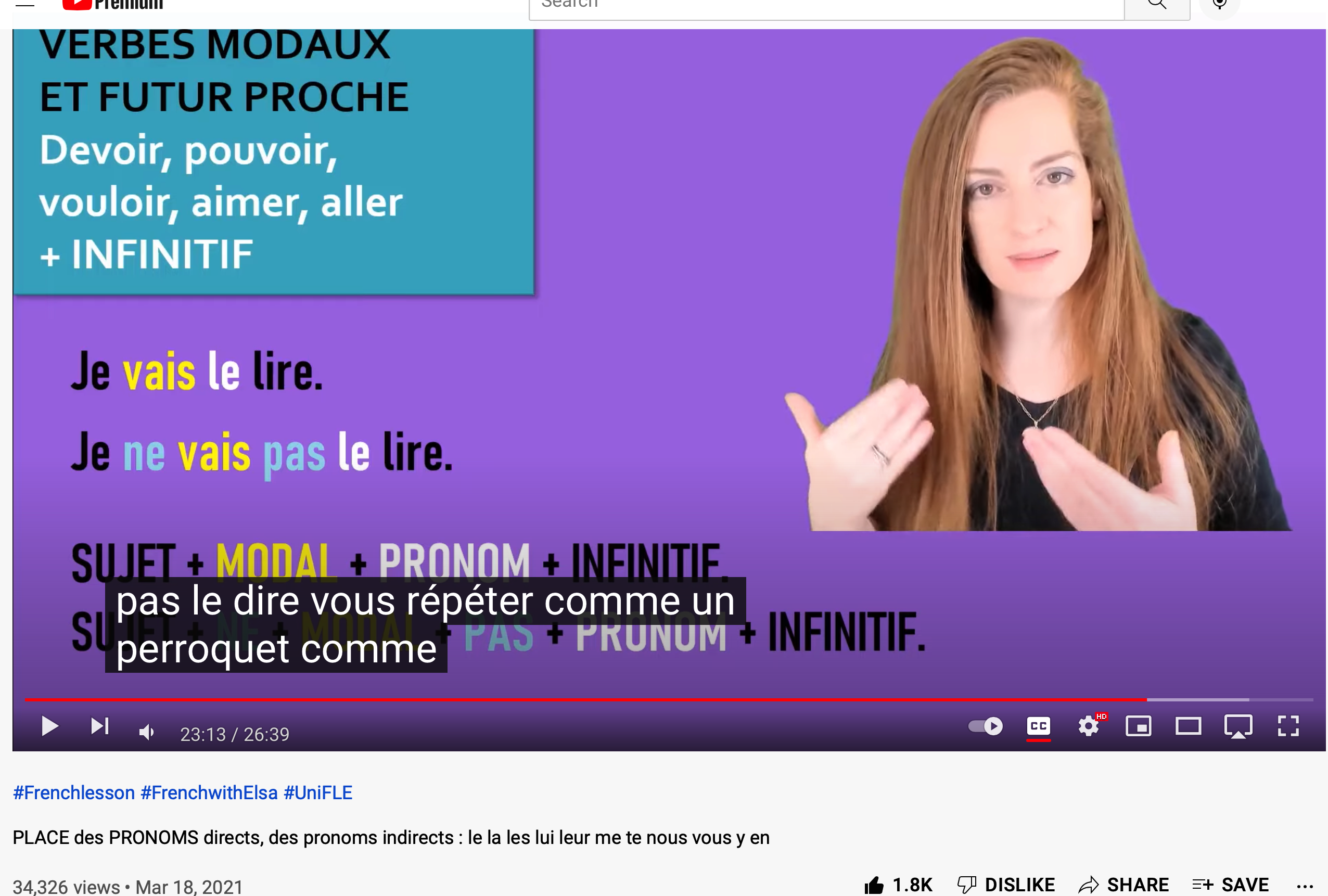 |
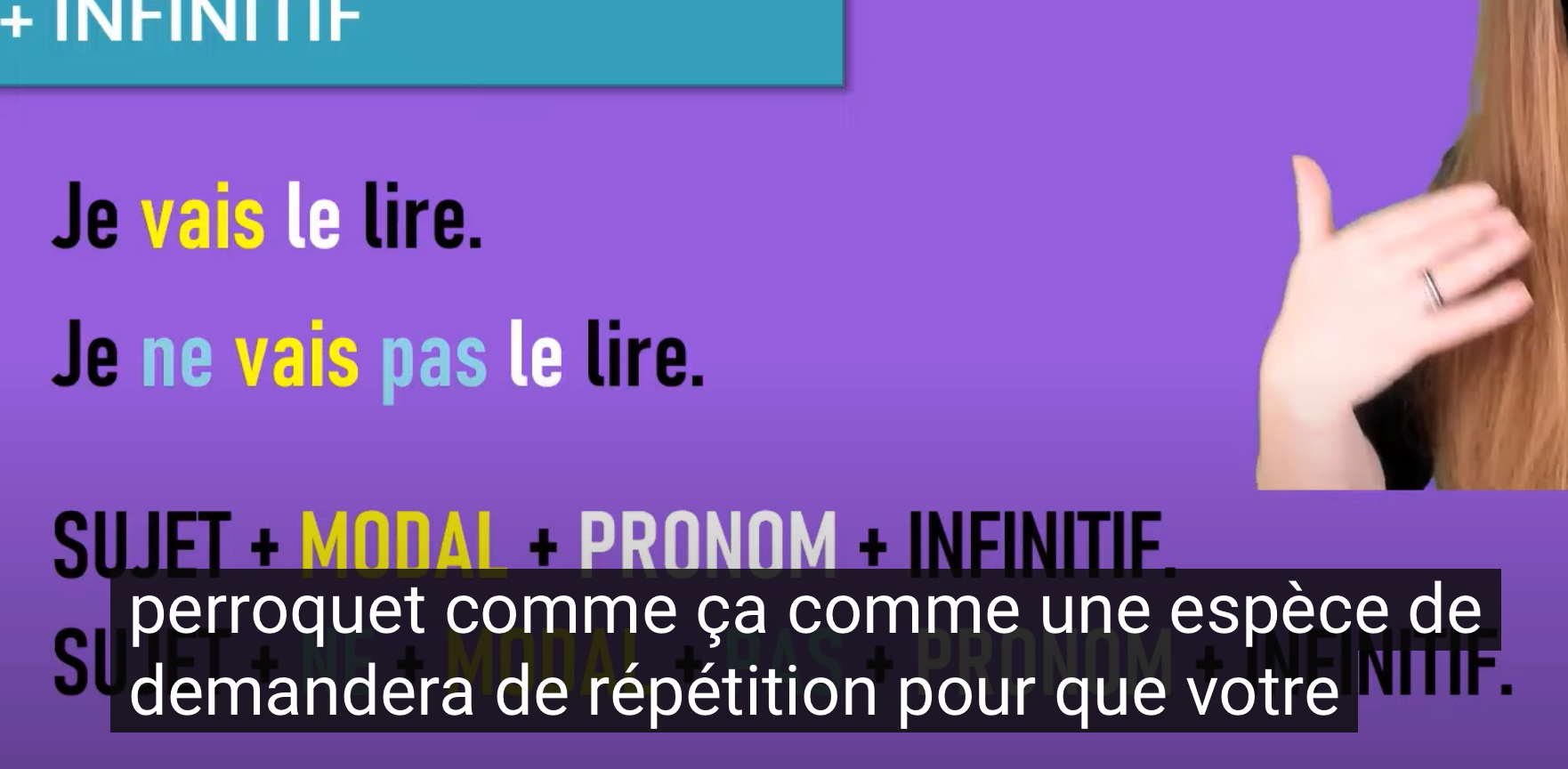 |
https://www.youtube.com/watch?v=mTziL0Xwa-s timestamp 29:00 |

--Barbara Johnson quoting Roland Barthes on rereading versus reading.
cant-hear-what-actors-are-saying-on-tv?-it's-not-you-probably-
TV Shows Are Too Dark! Here’s How to Fix That.
To better understand why TV shows are so dark, we compared them across a range of TVs
Kenny Wassus, Nov 23, 2022
The Souvenir (dir Johanna Hogg, 2019)
That Obscure Object of Desire (dir. Luis Buñuel, 1977)
The Devil Is a Woman (dir. Josef von Sternberg, 1935)
Summer with Monika (dir. Ingmar Bergman, 1953)